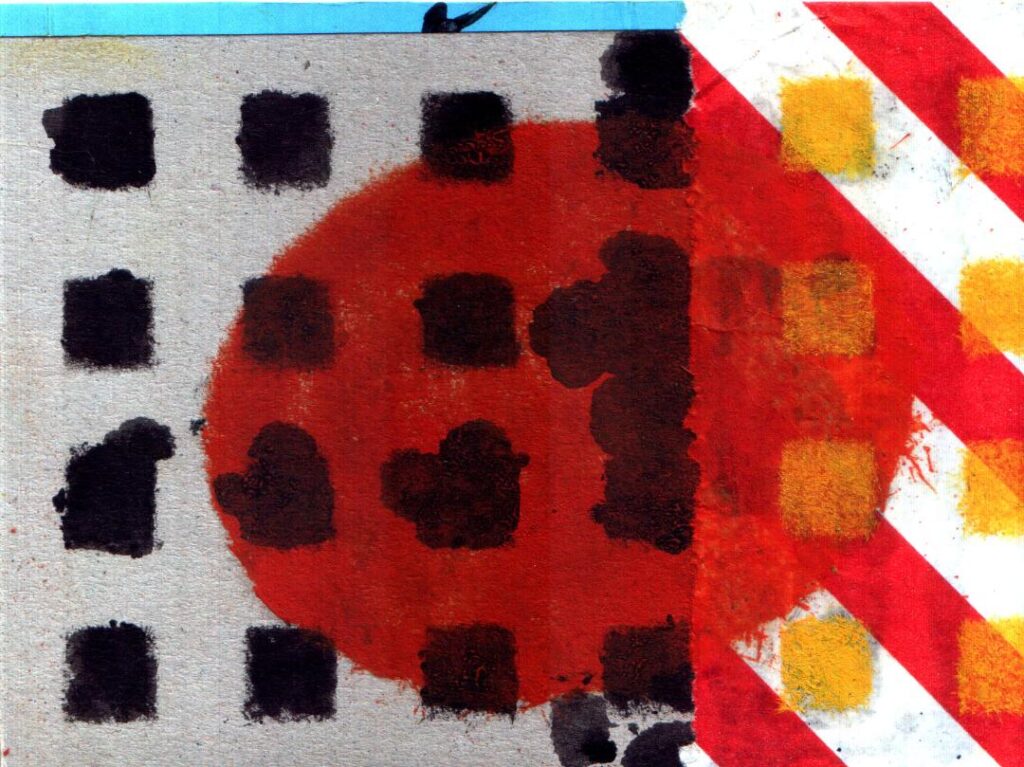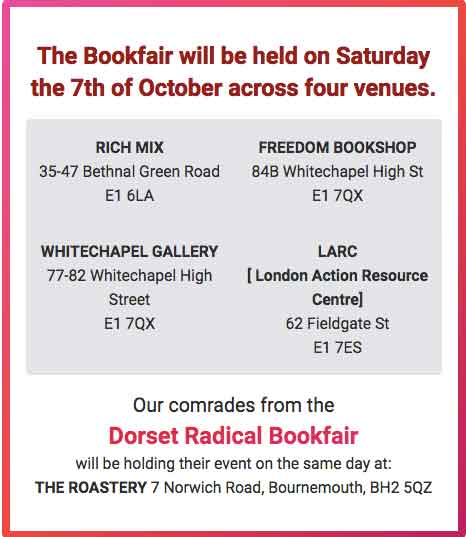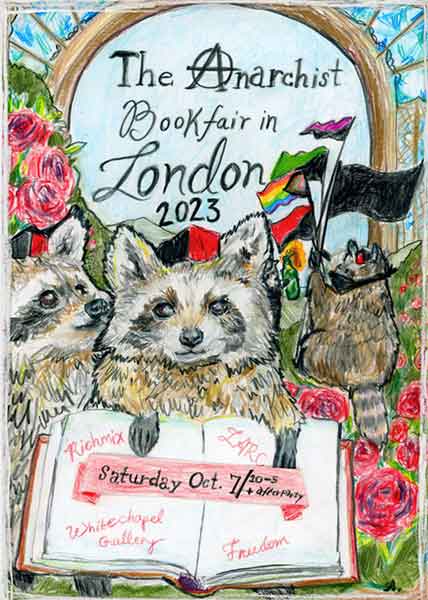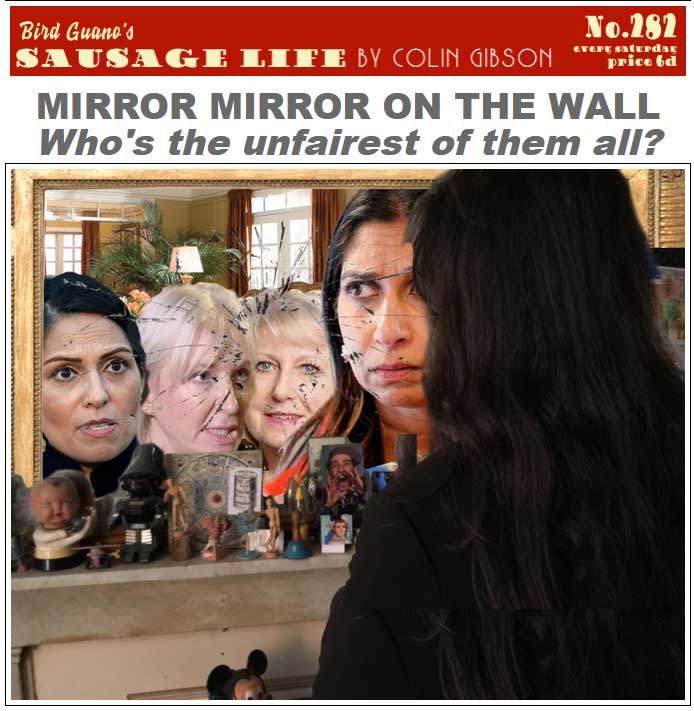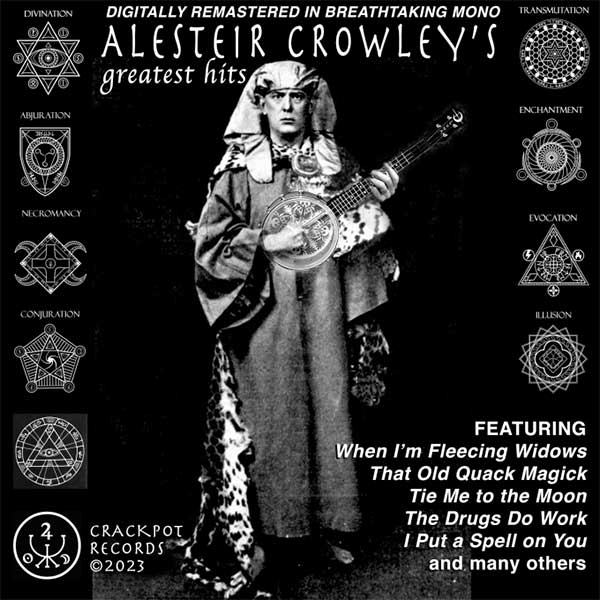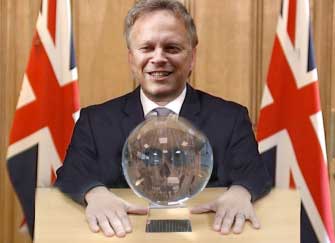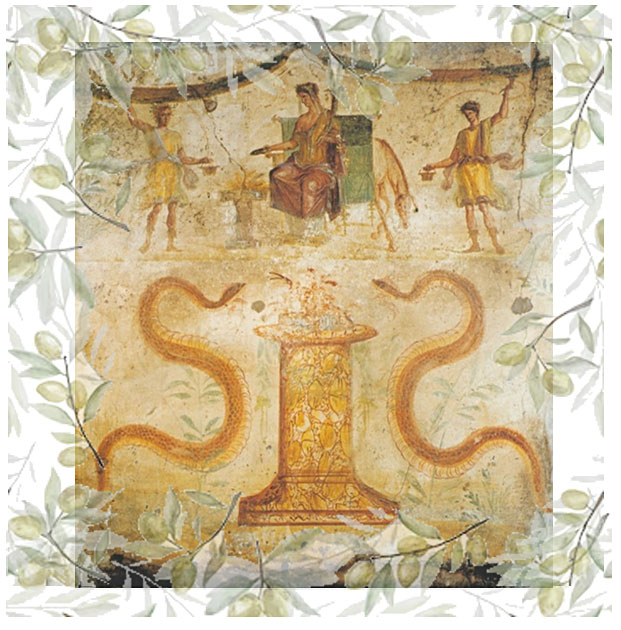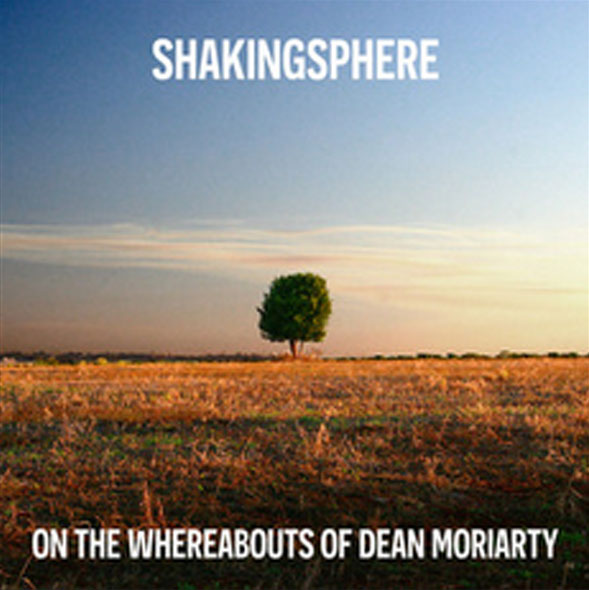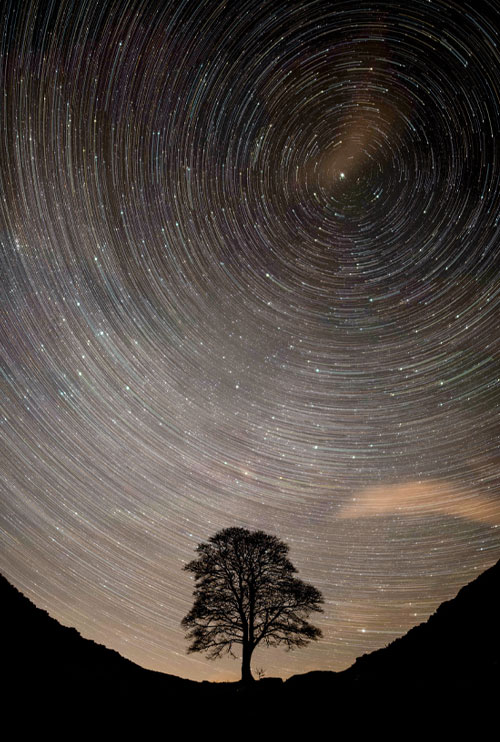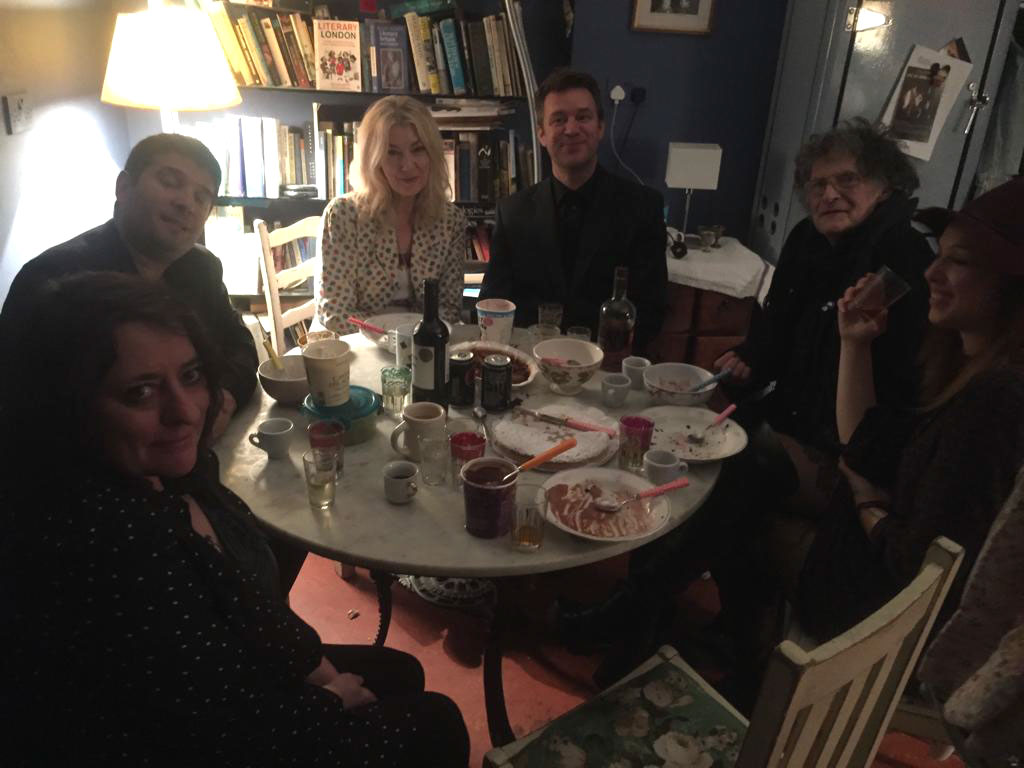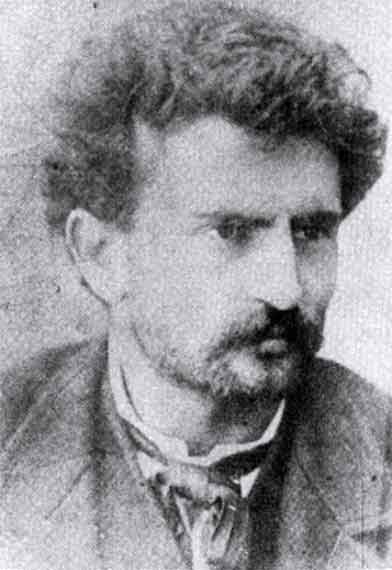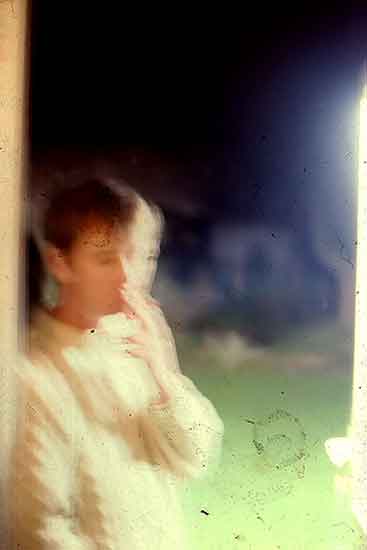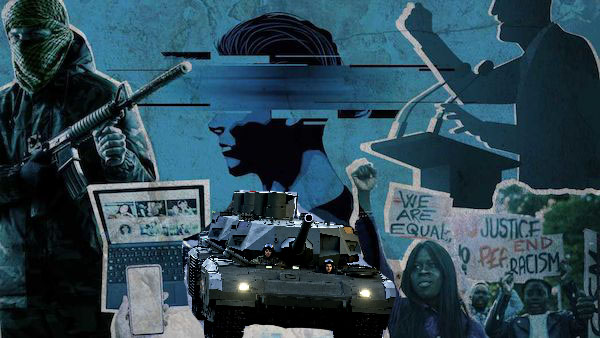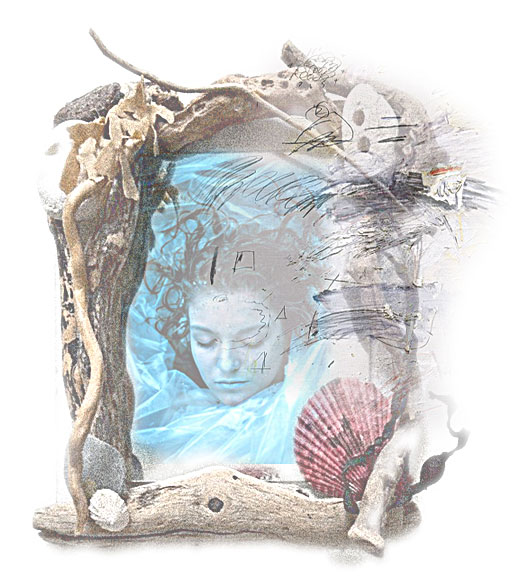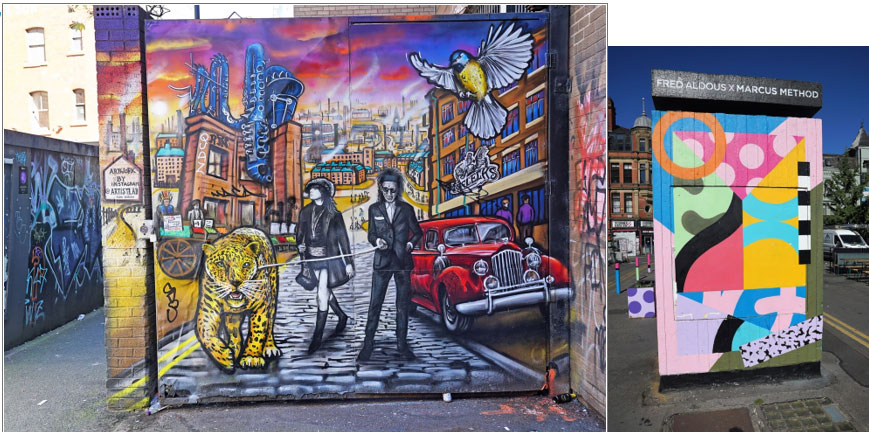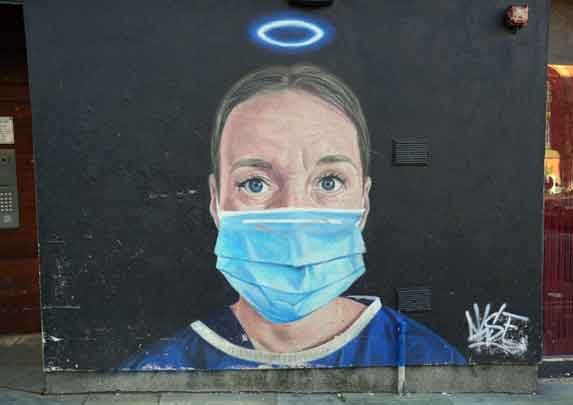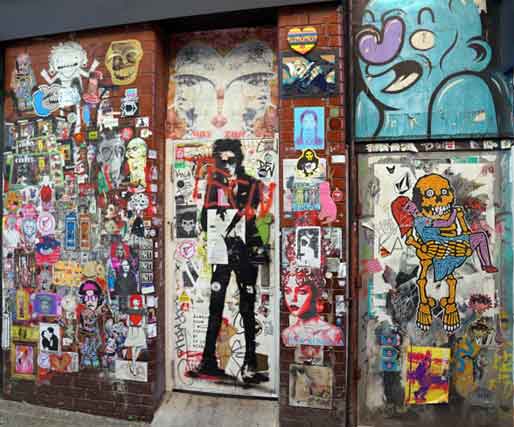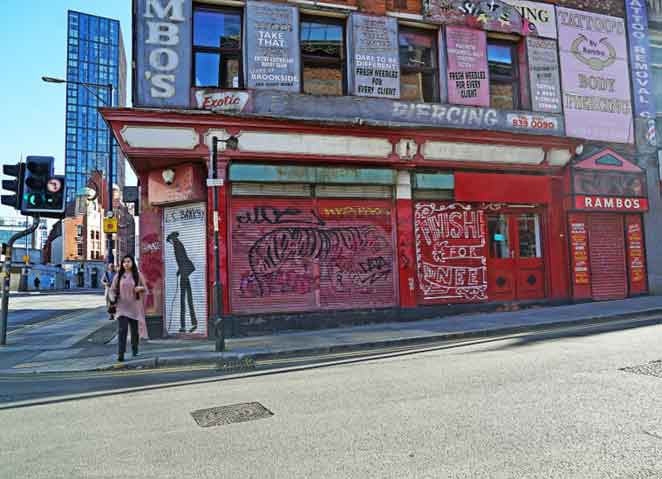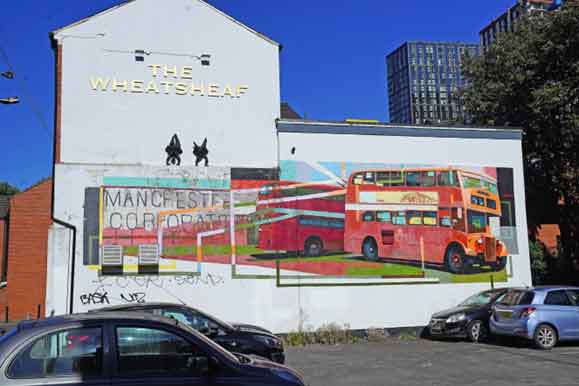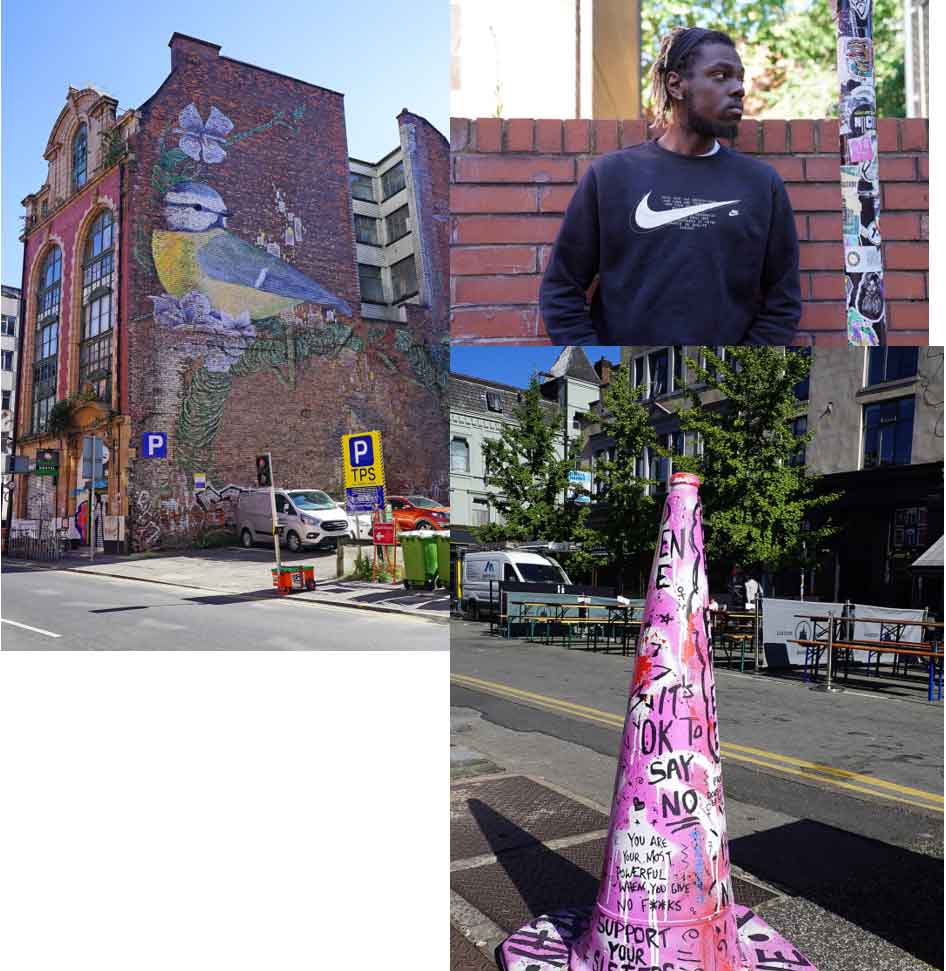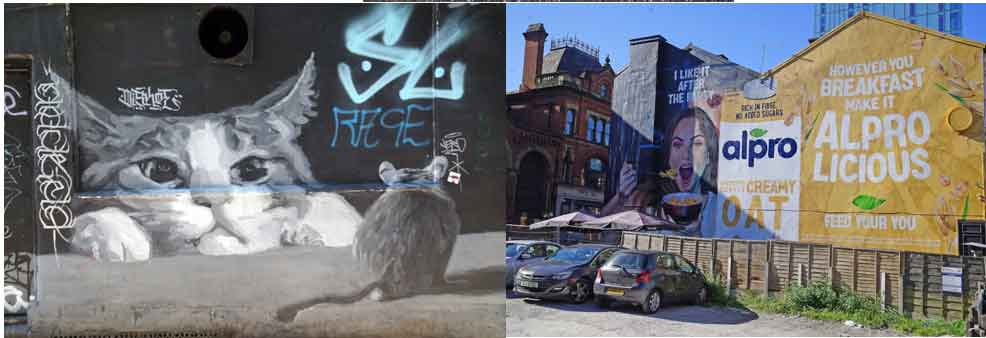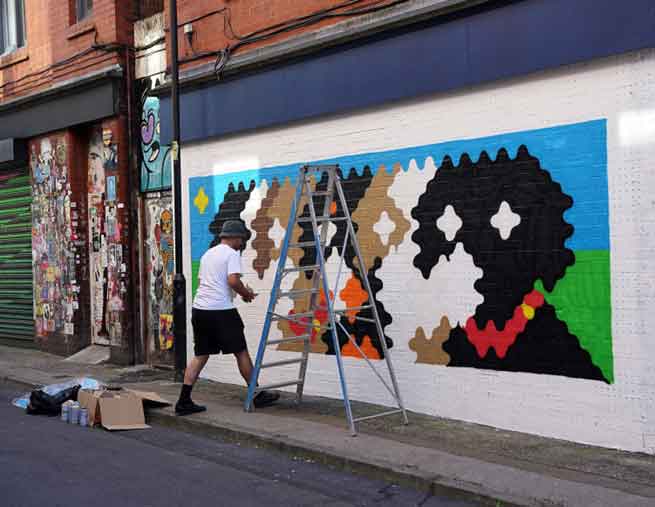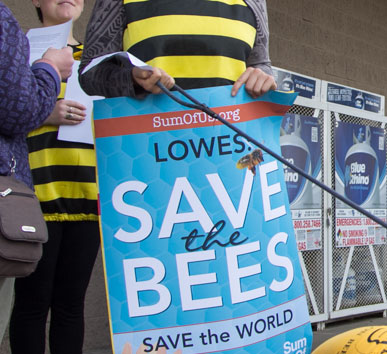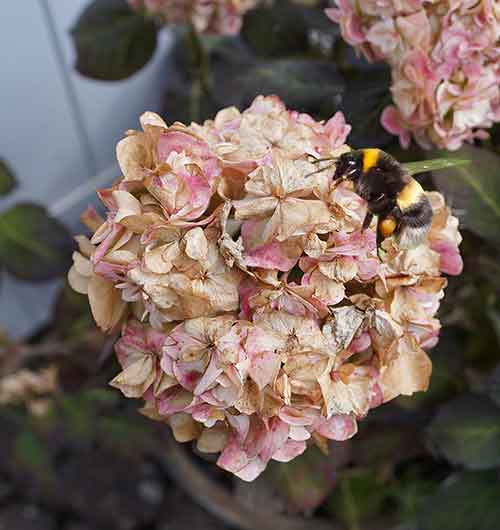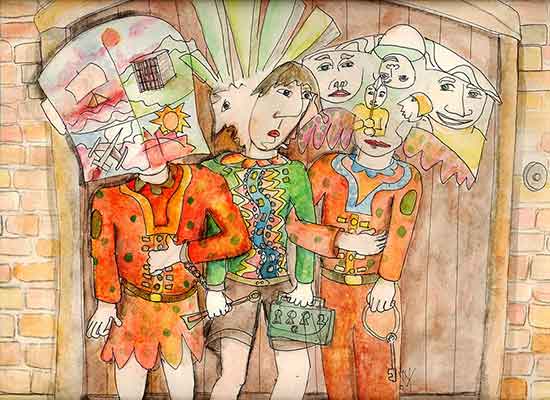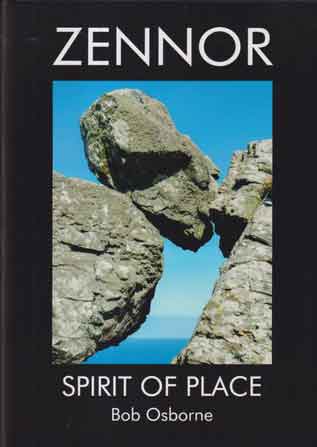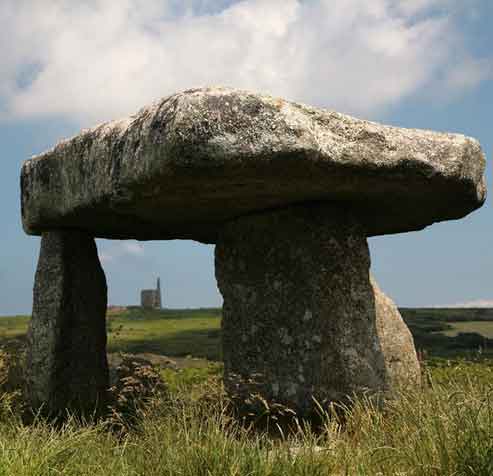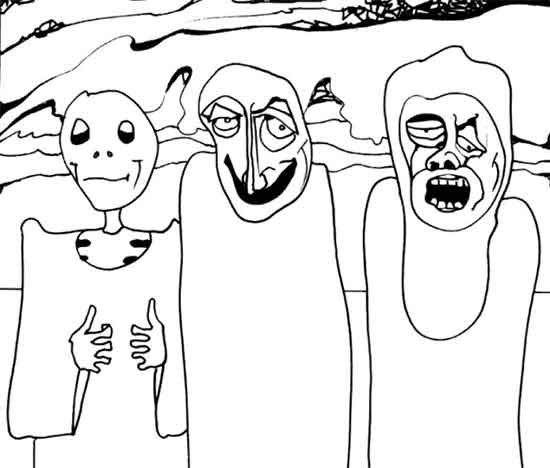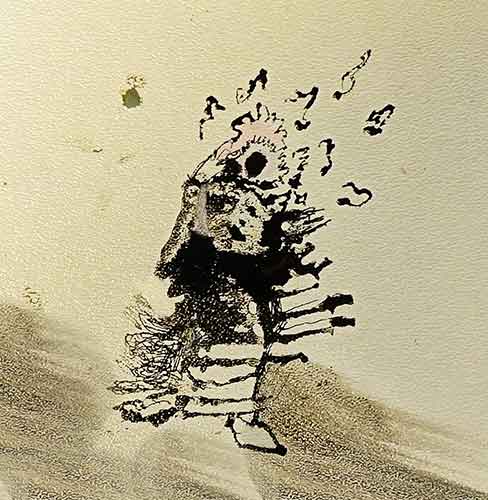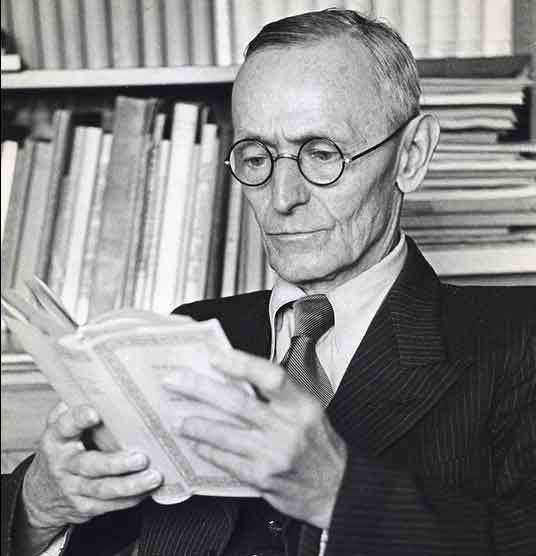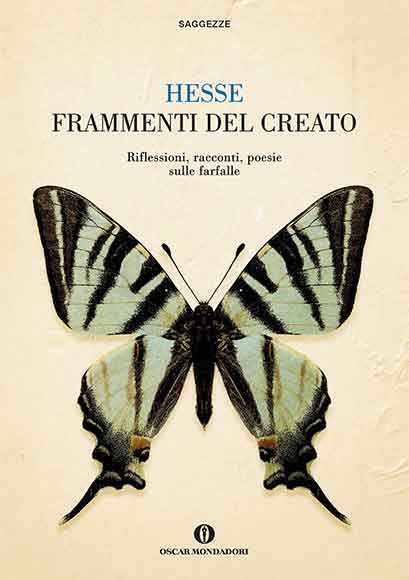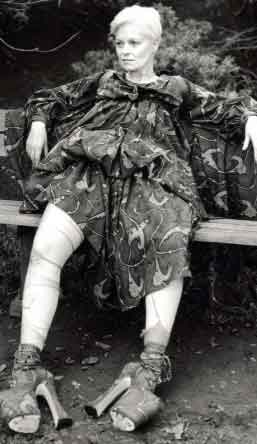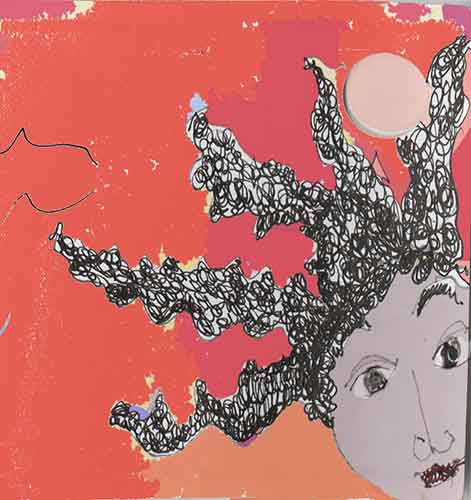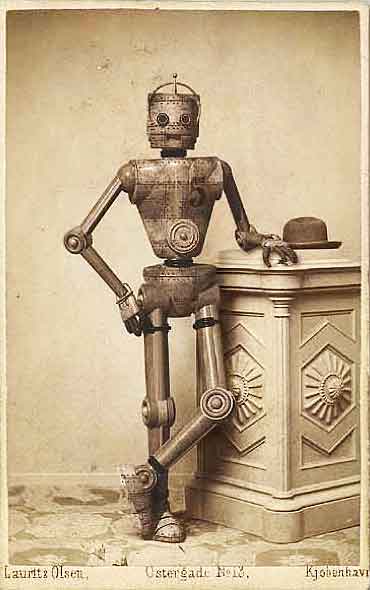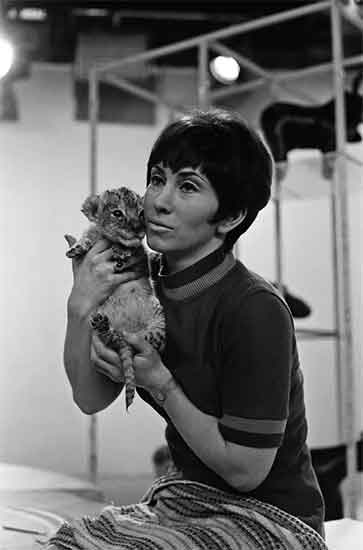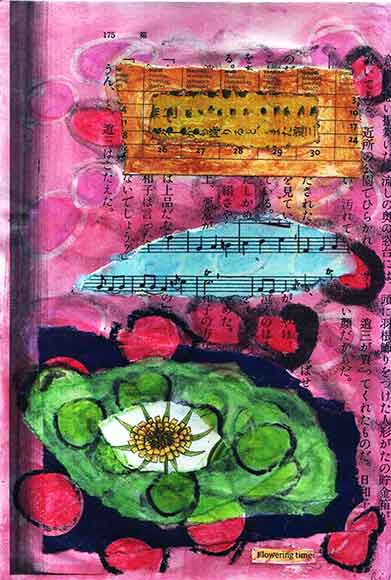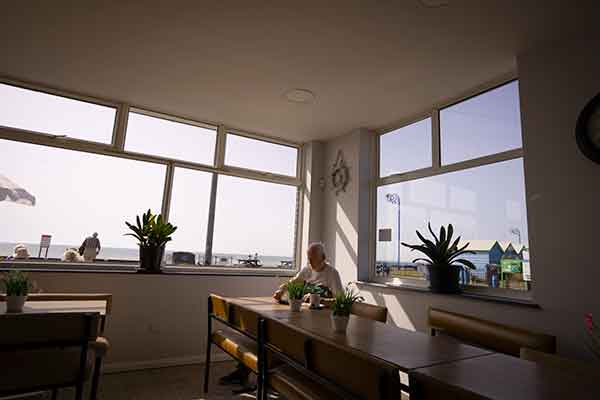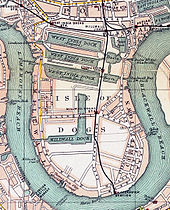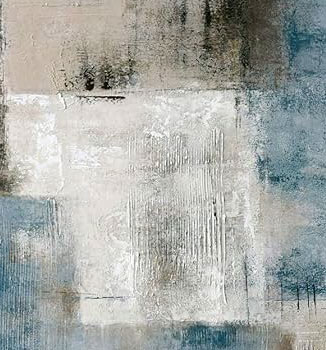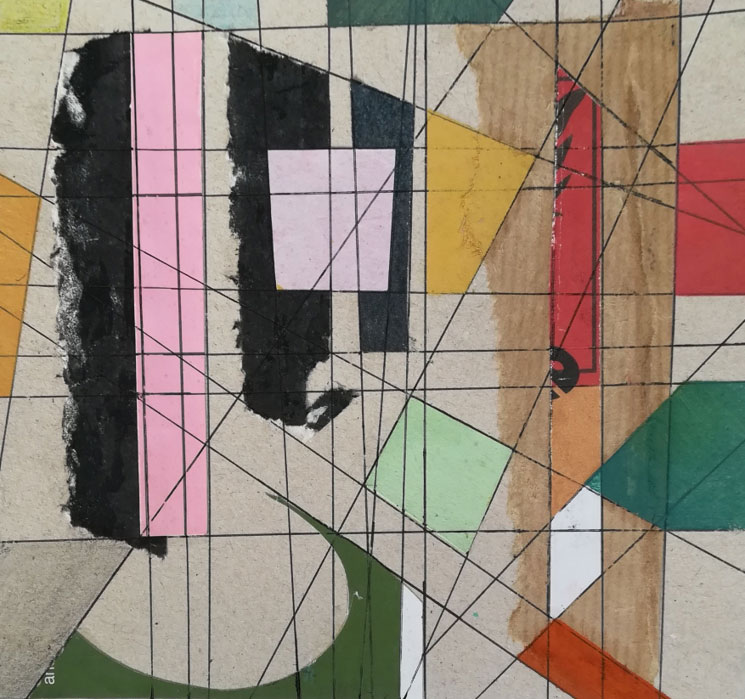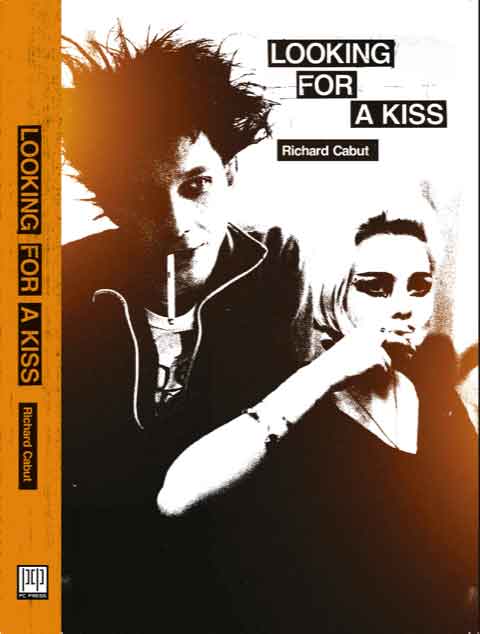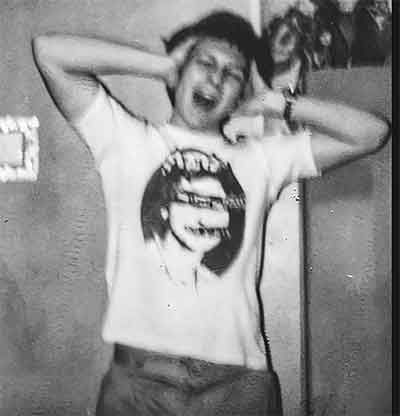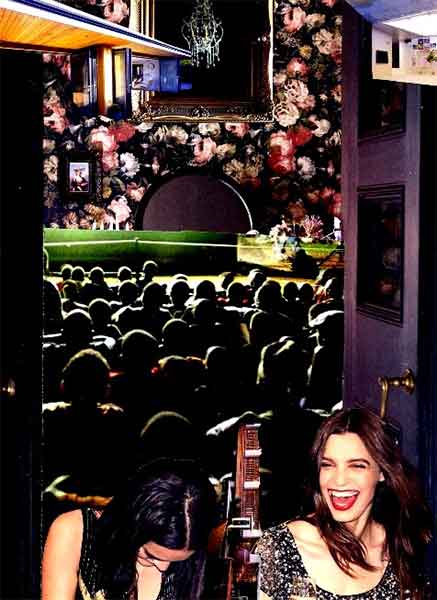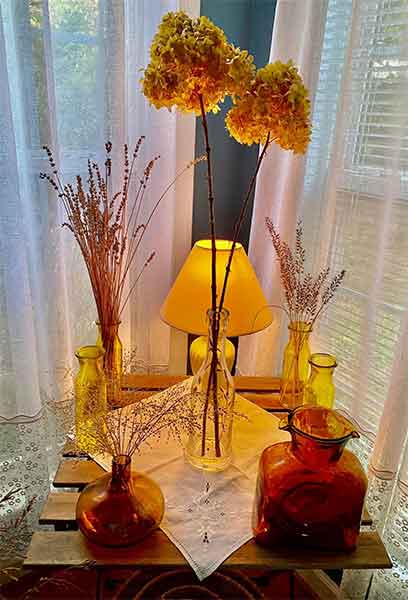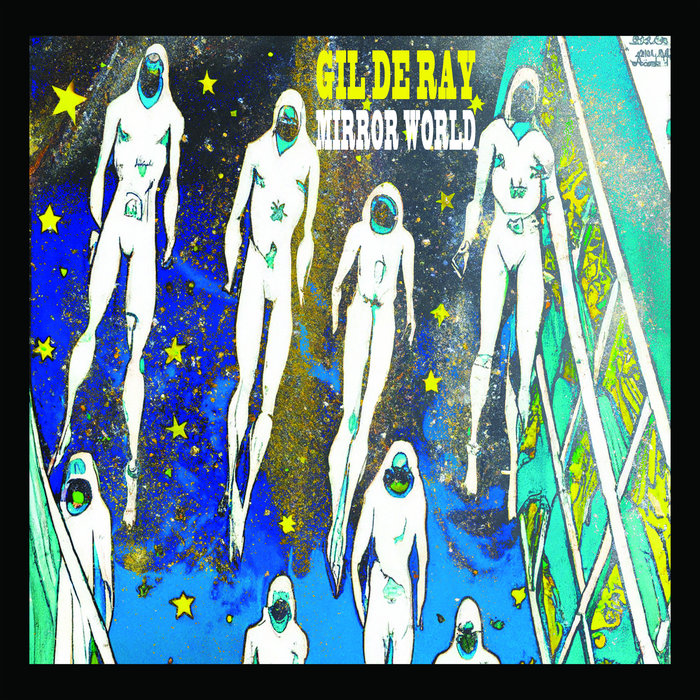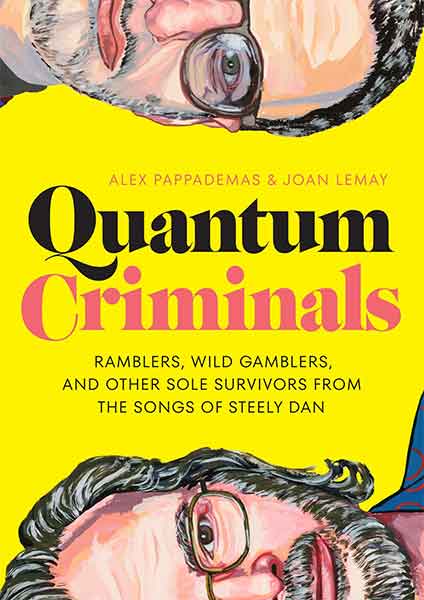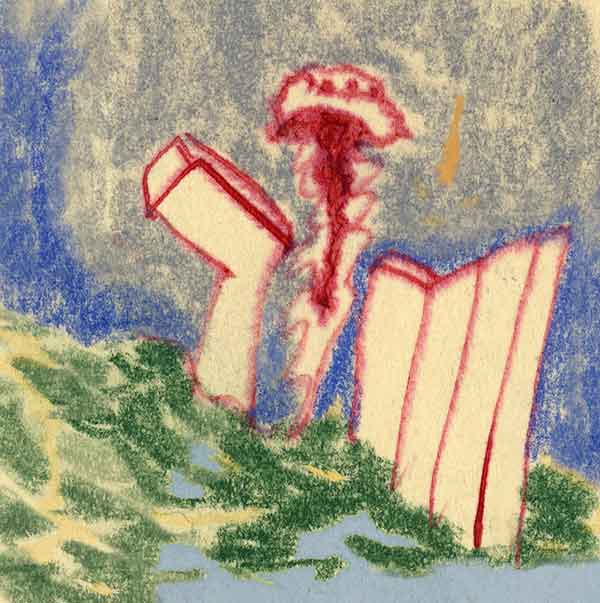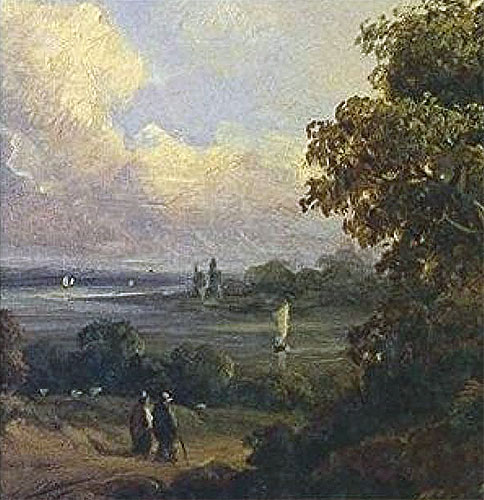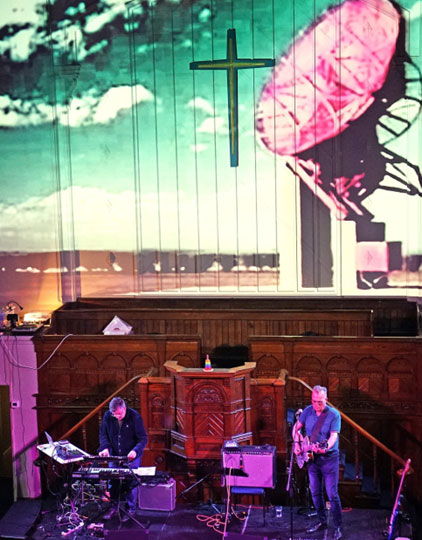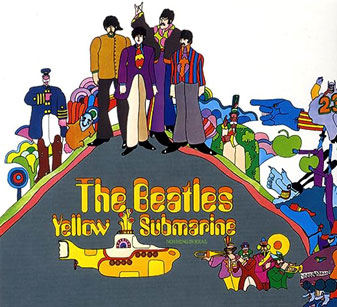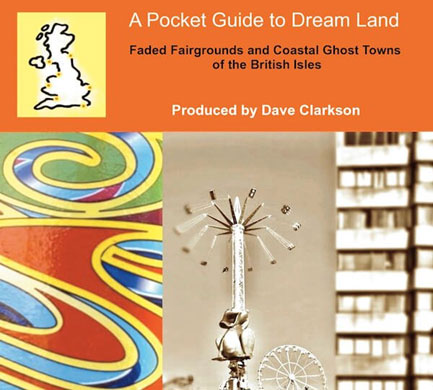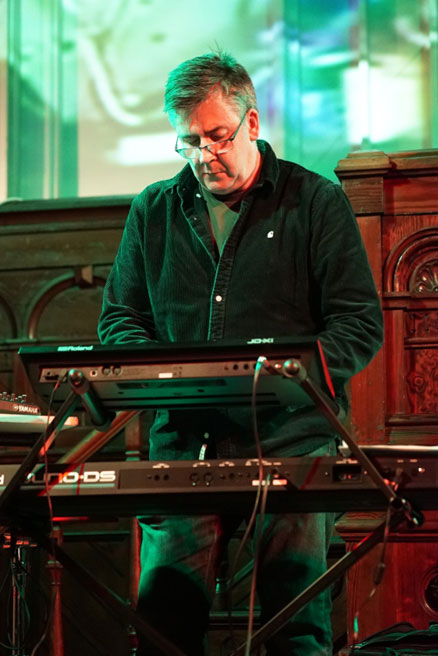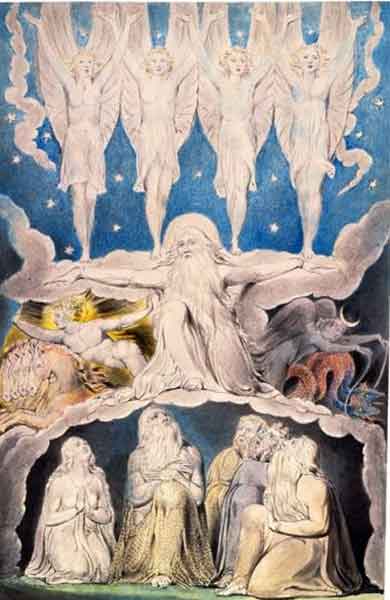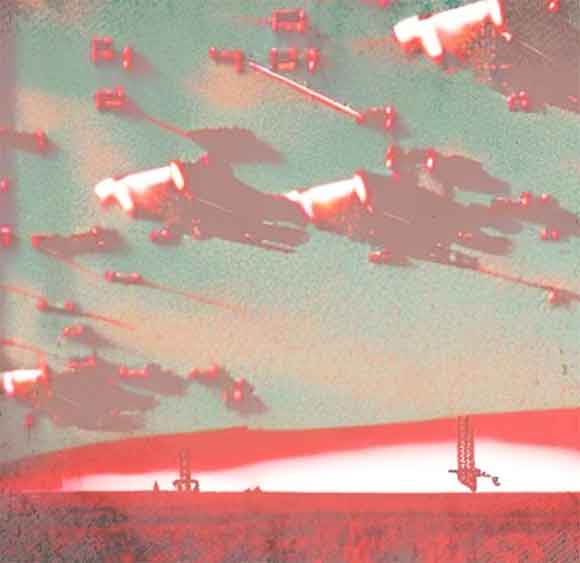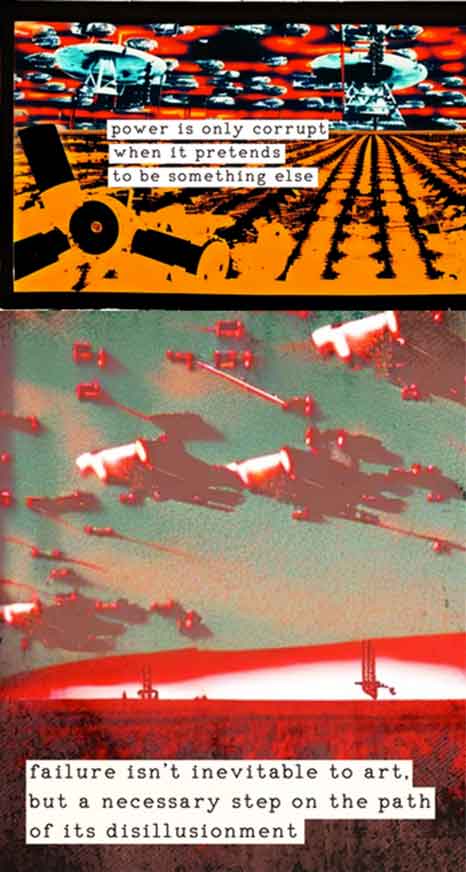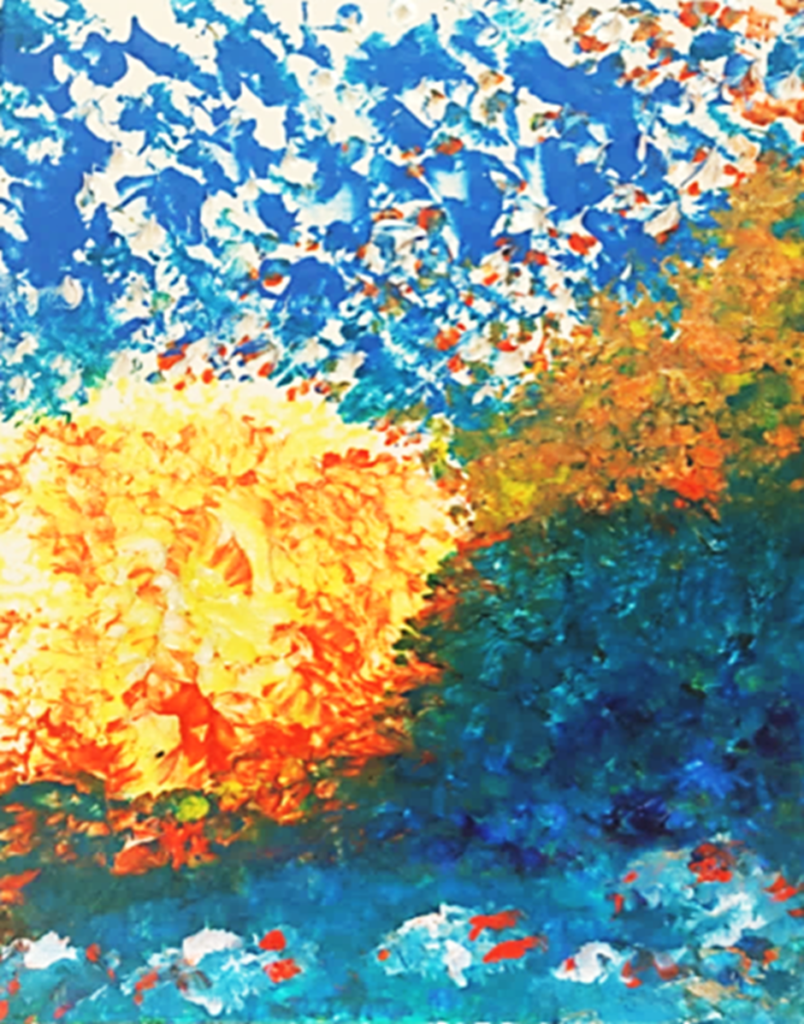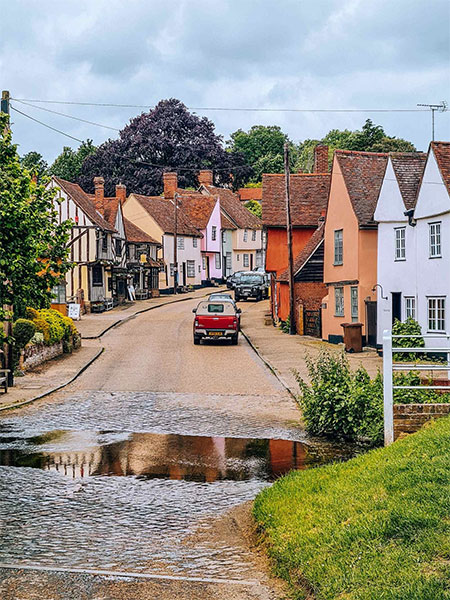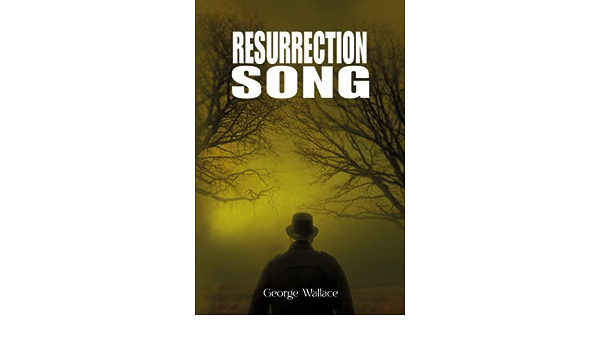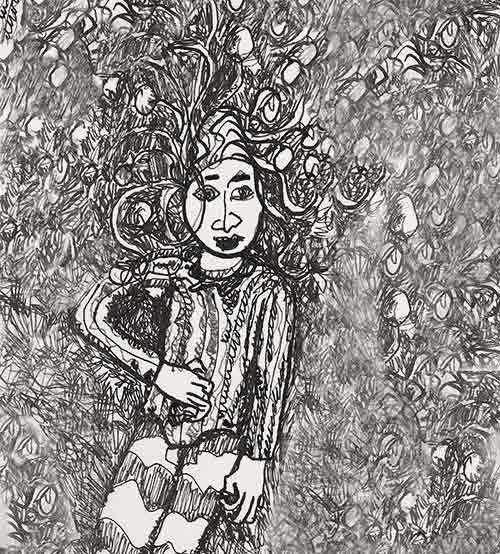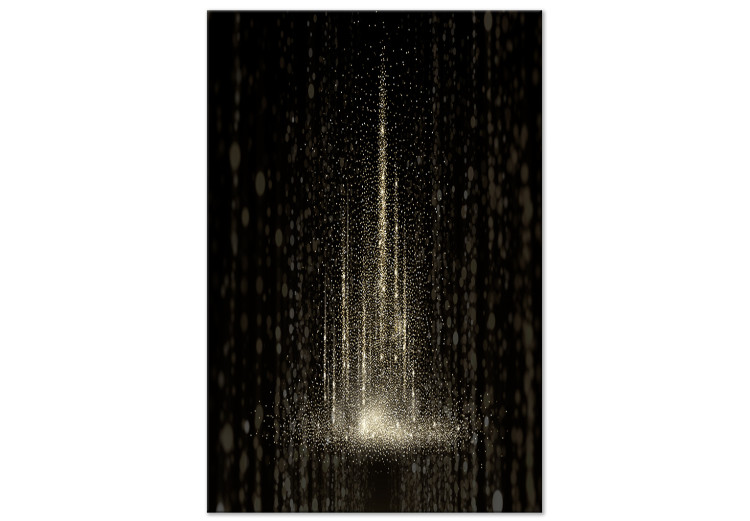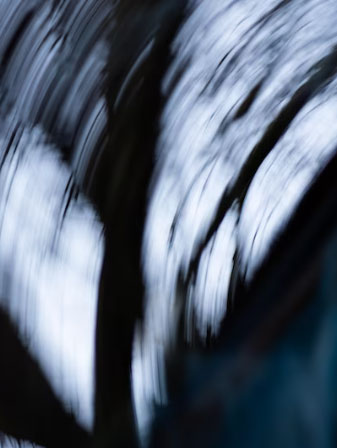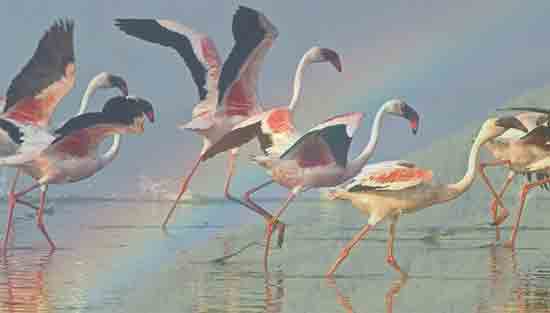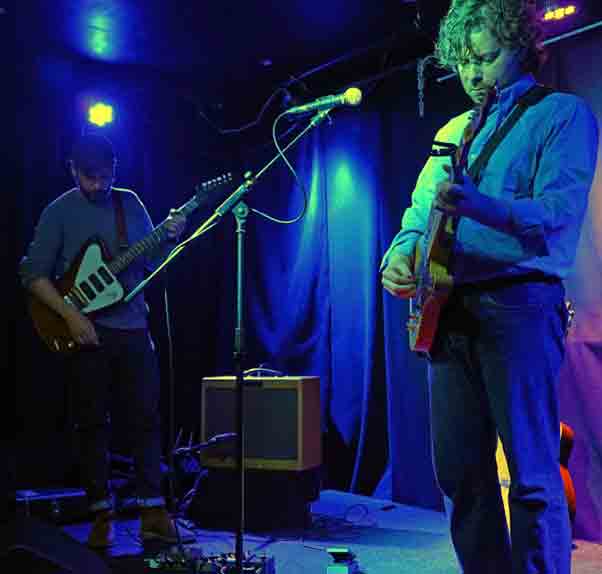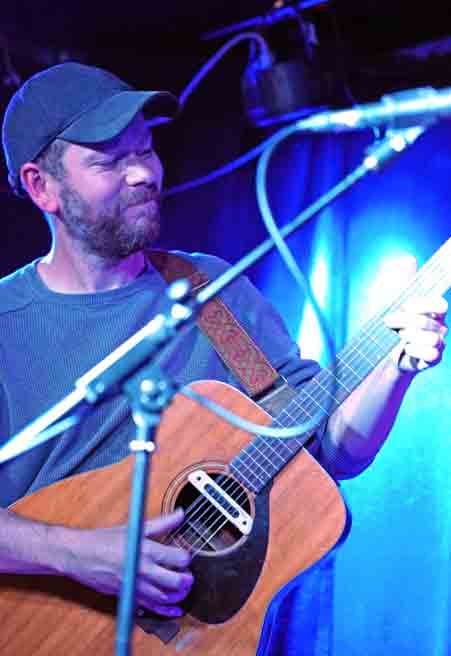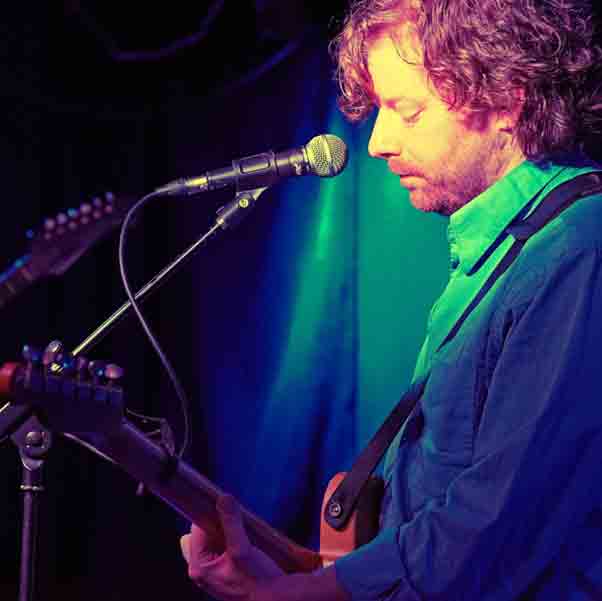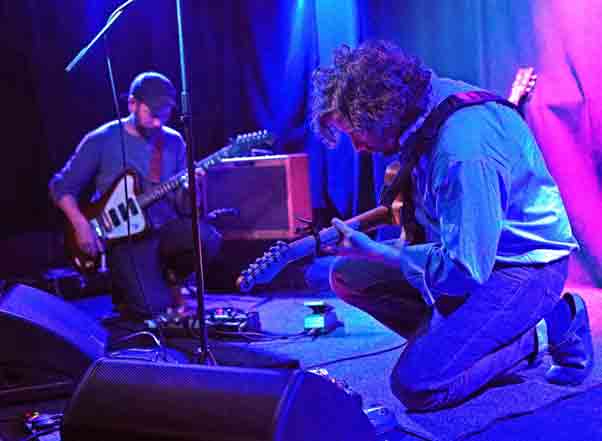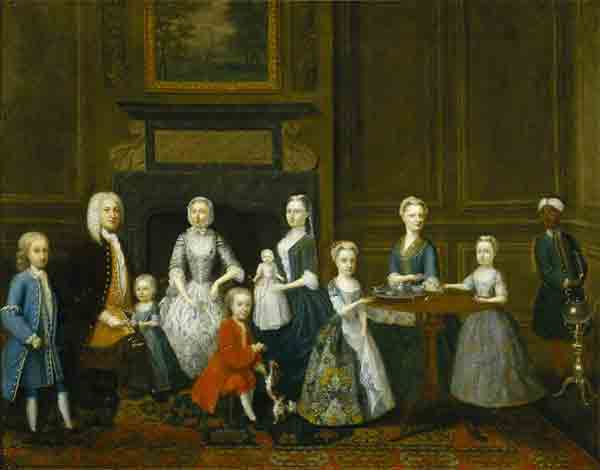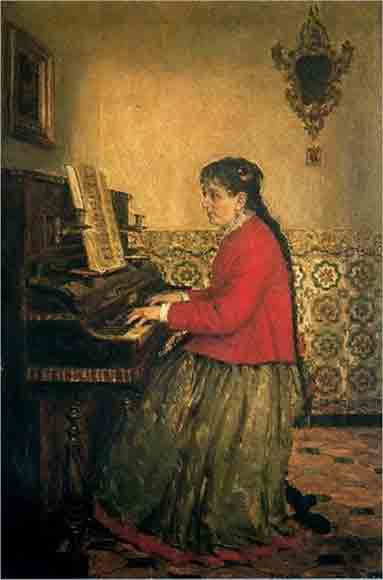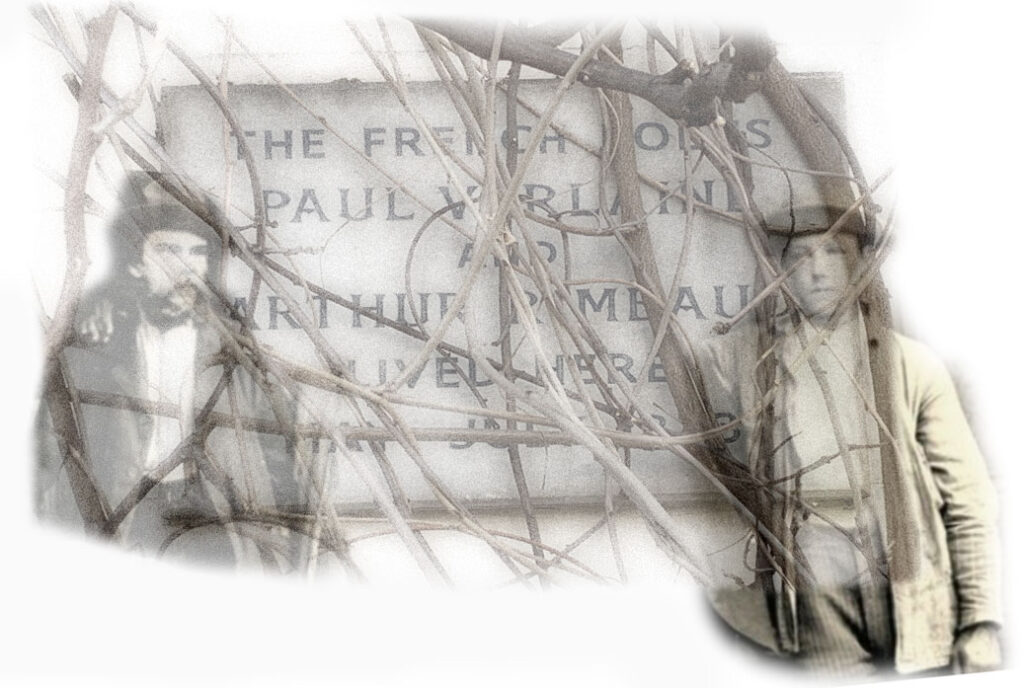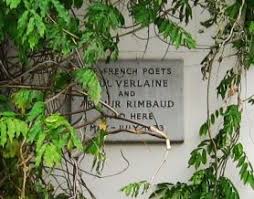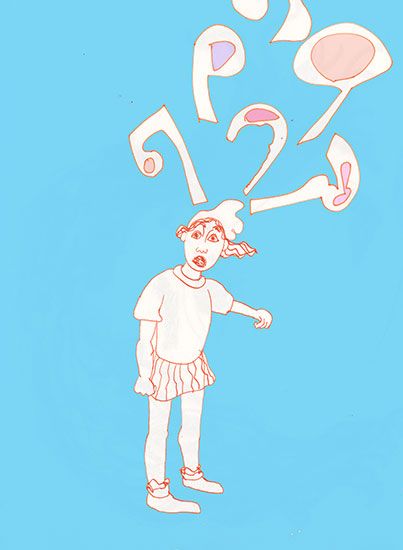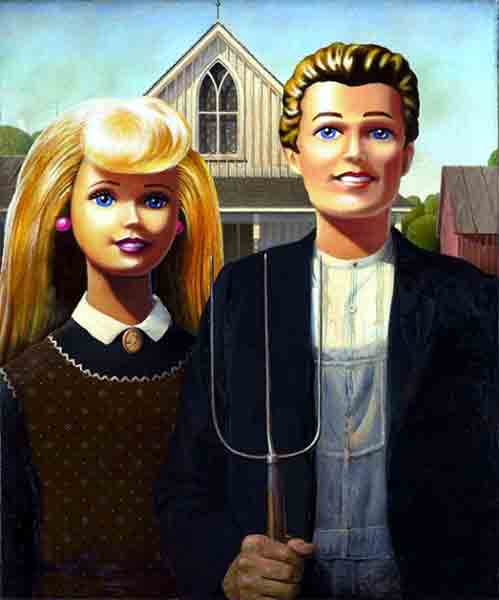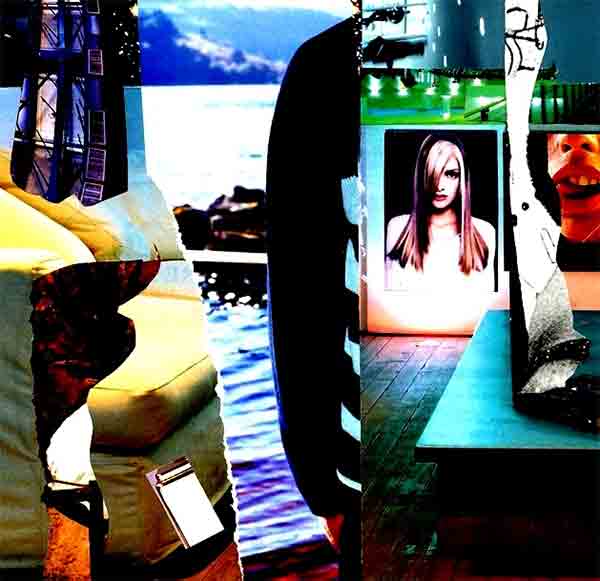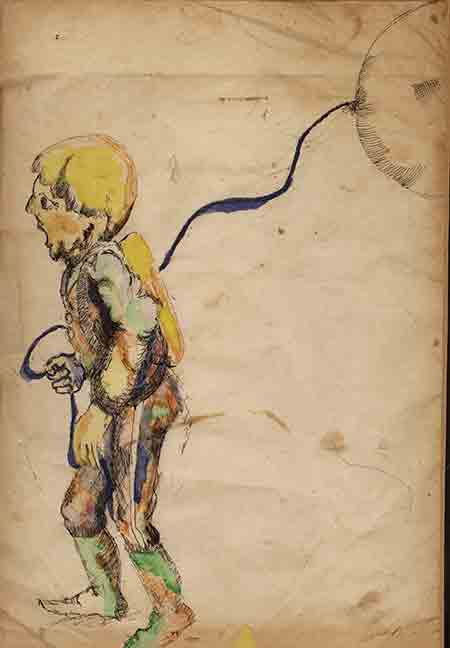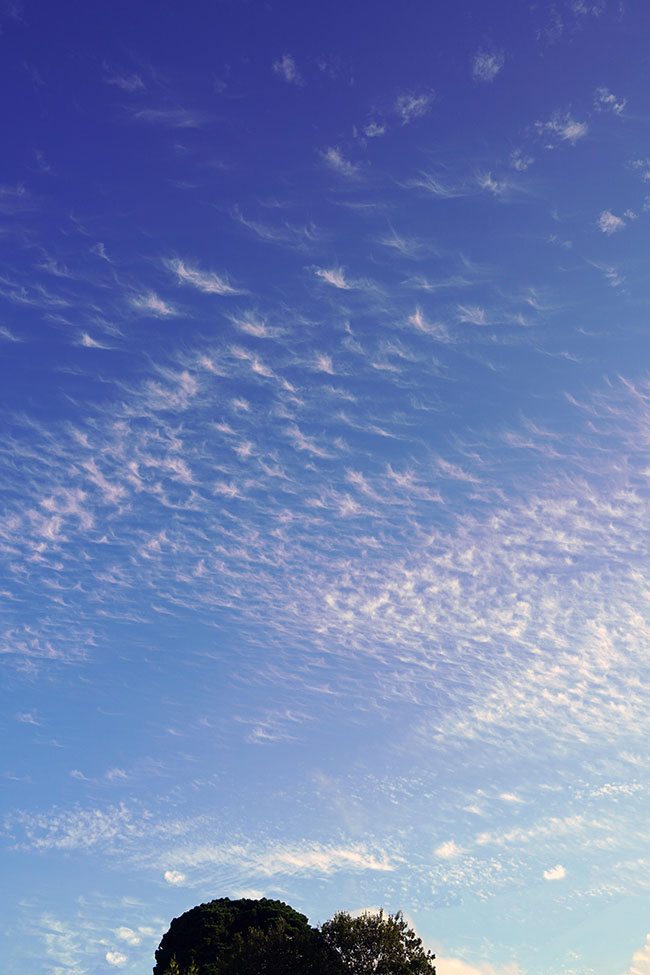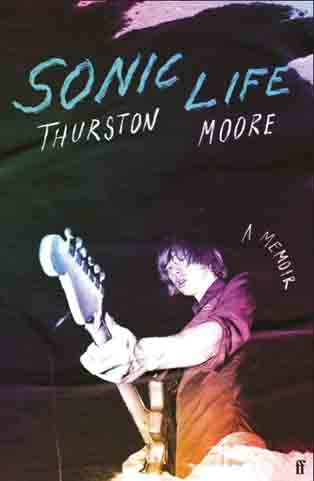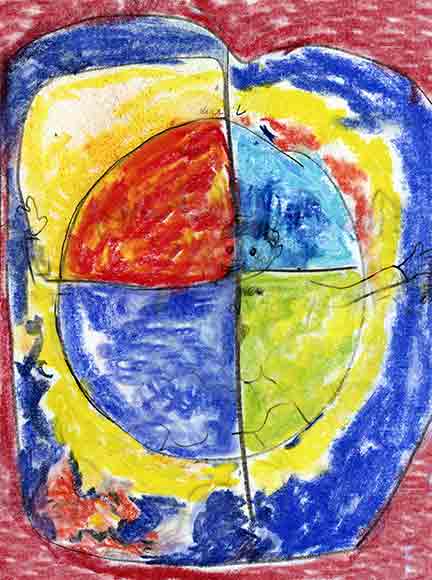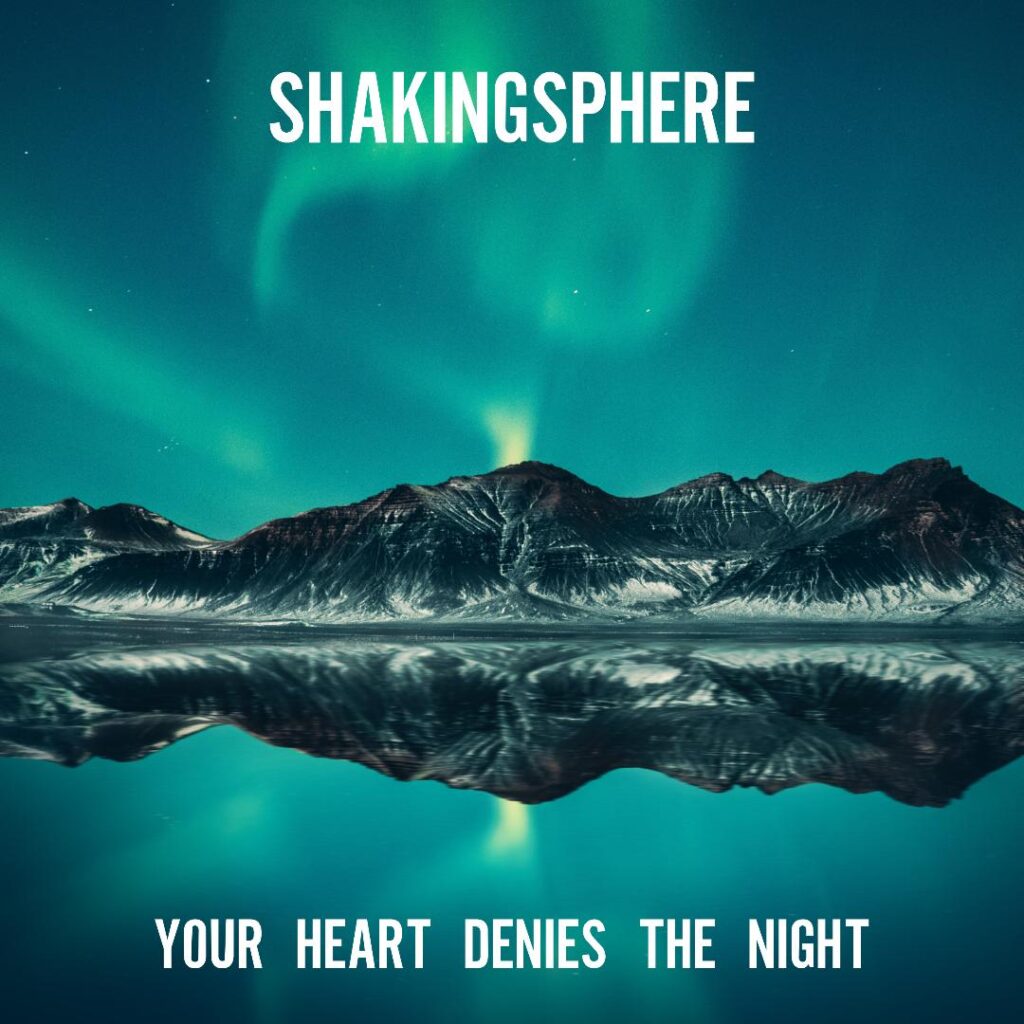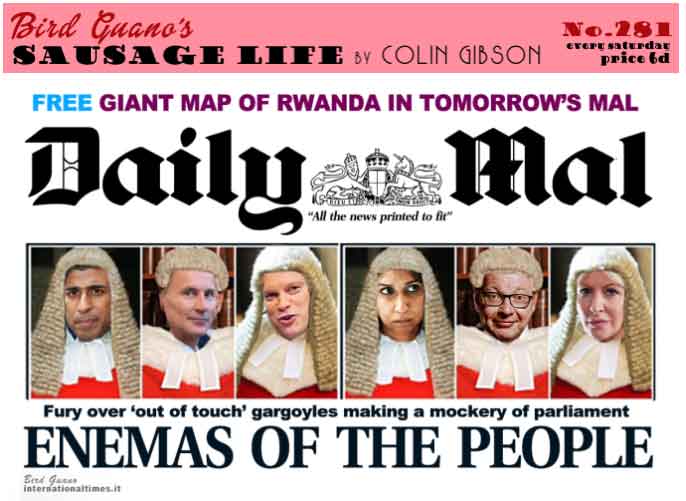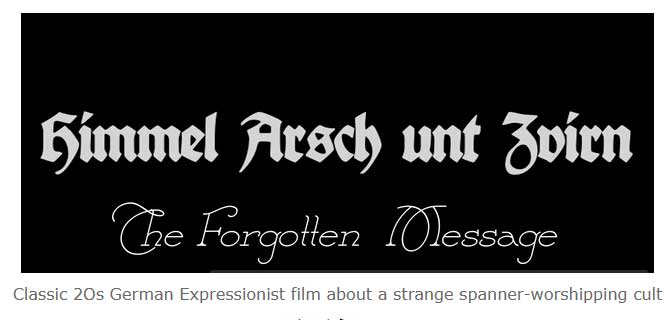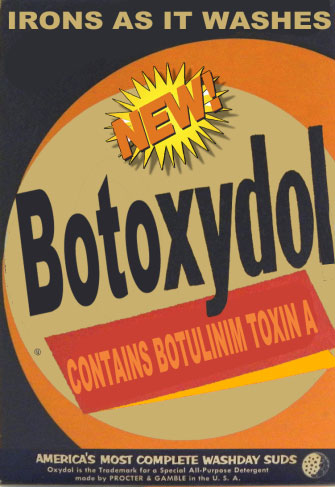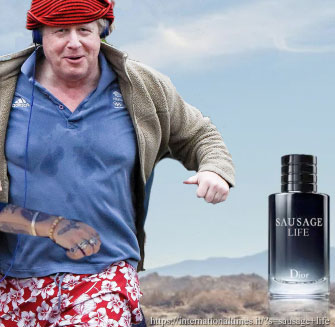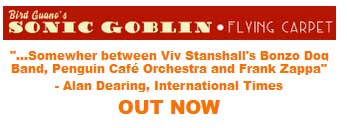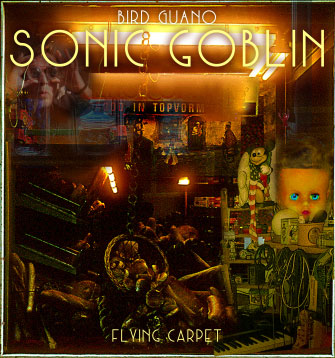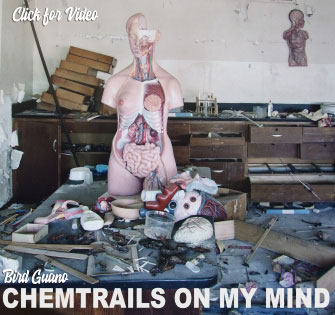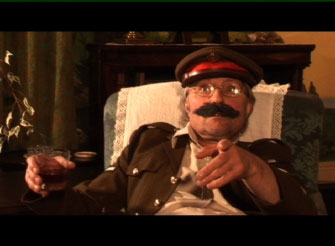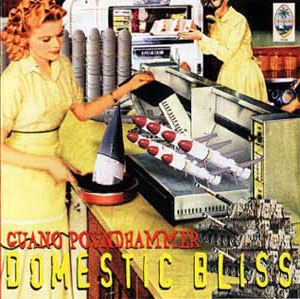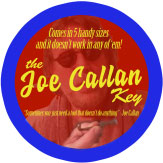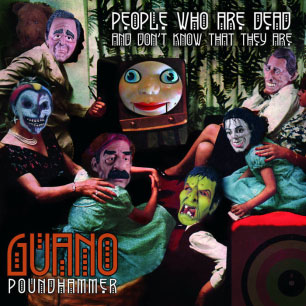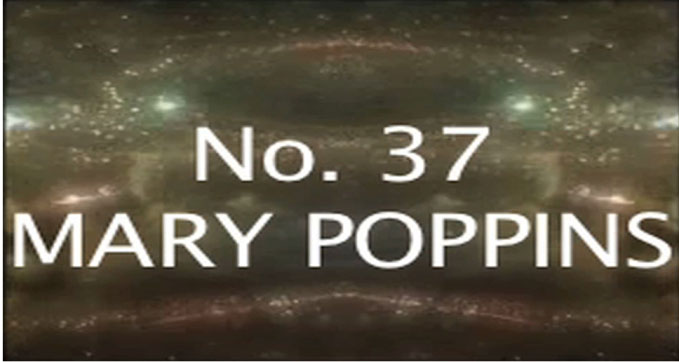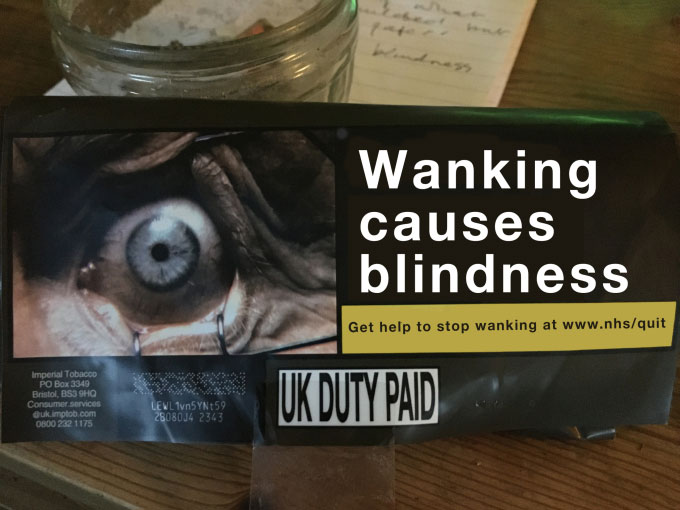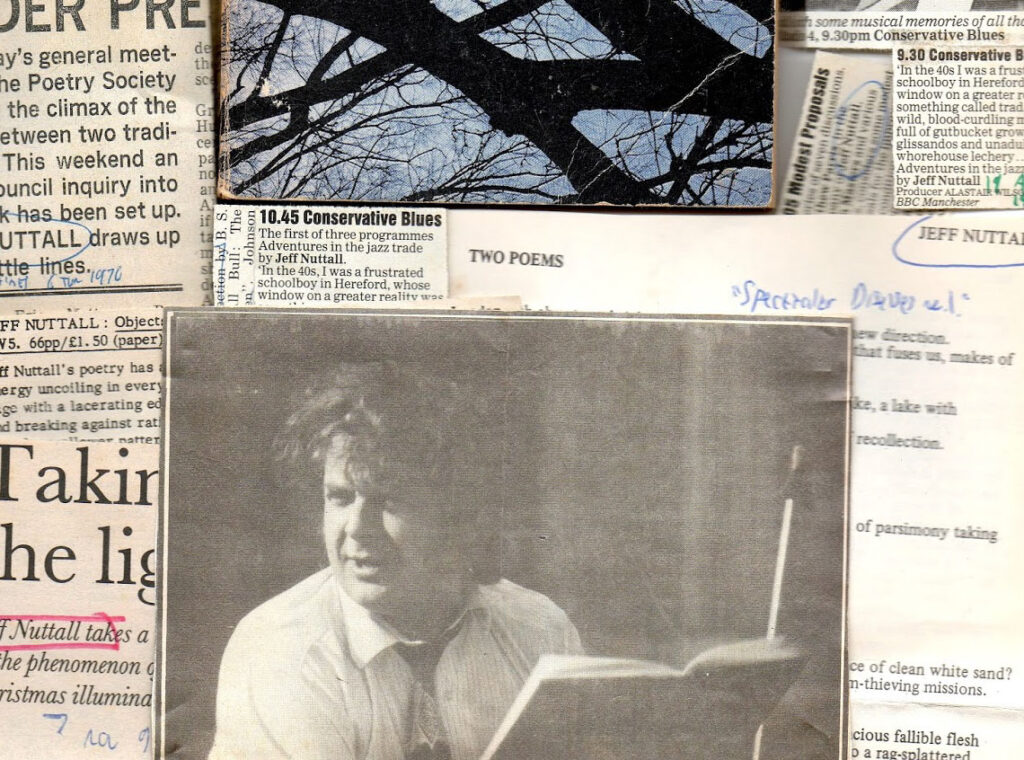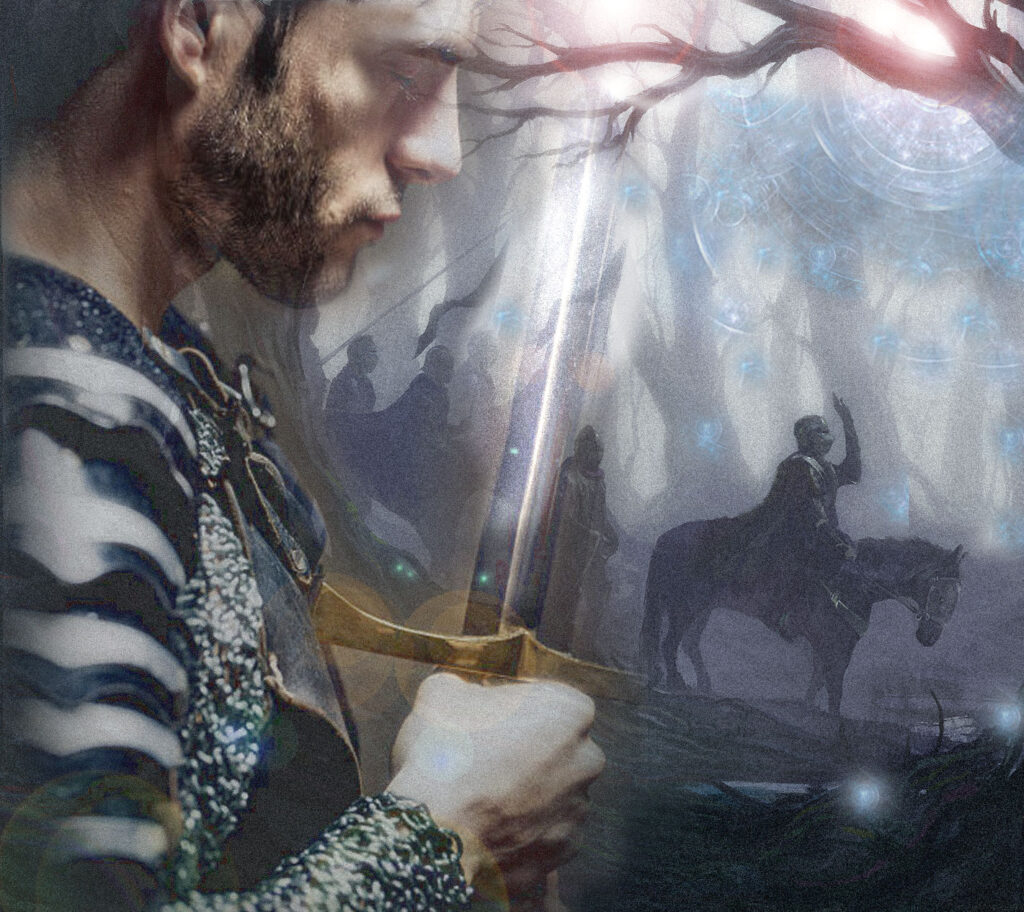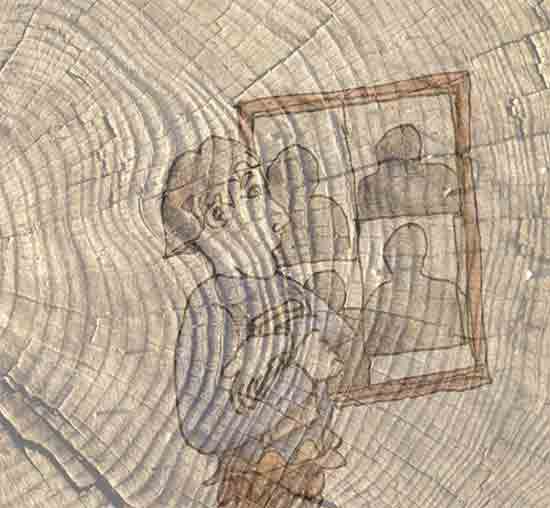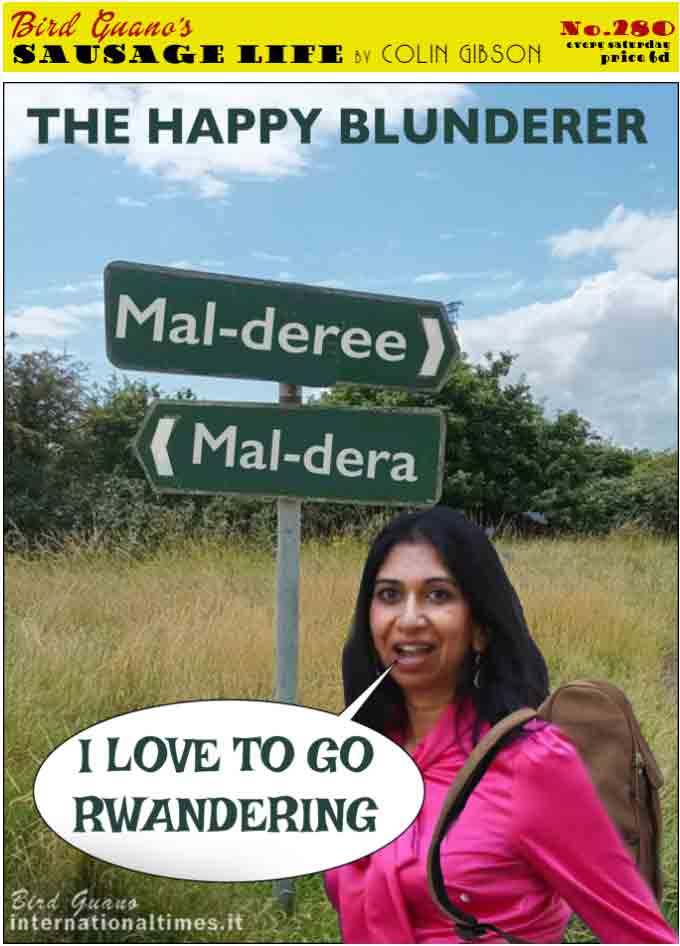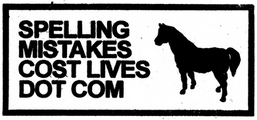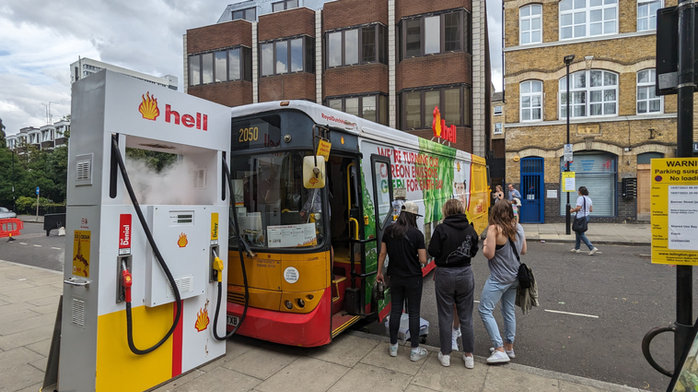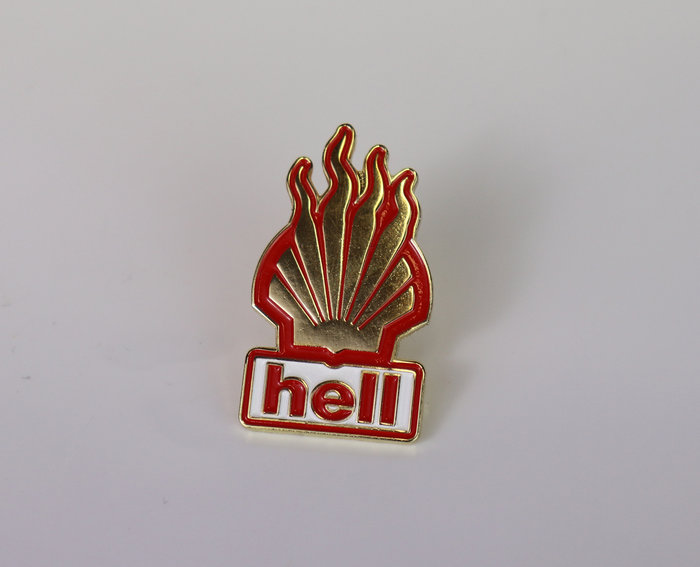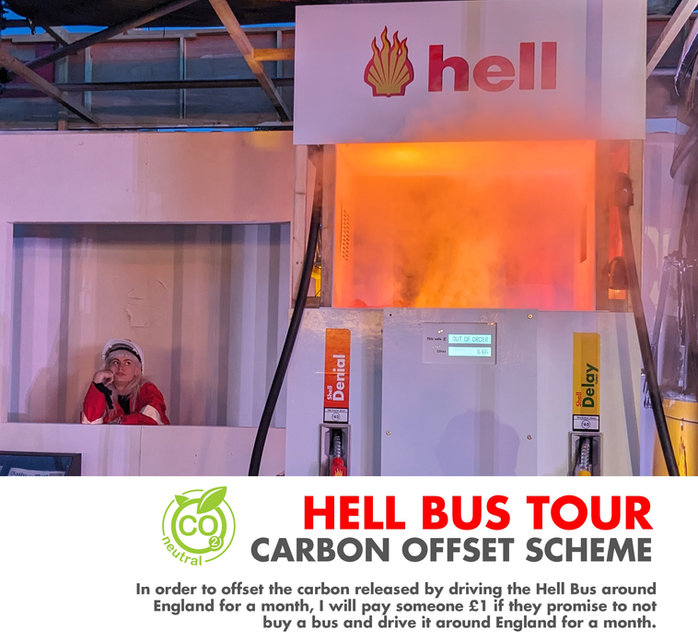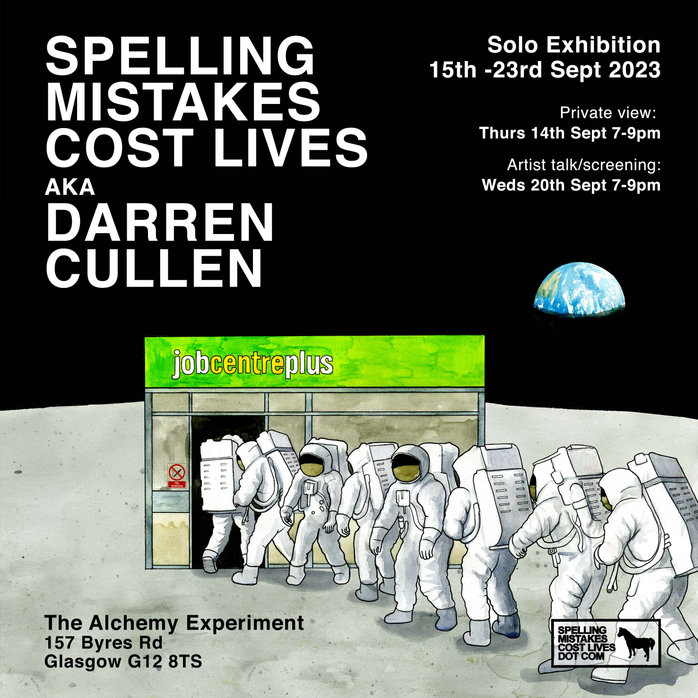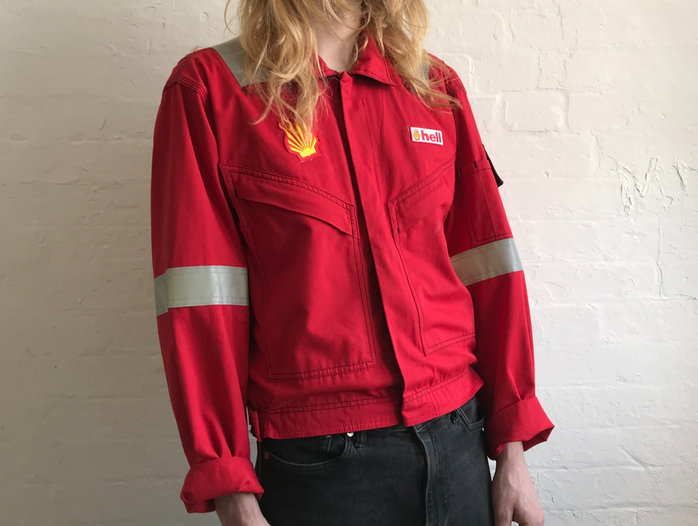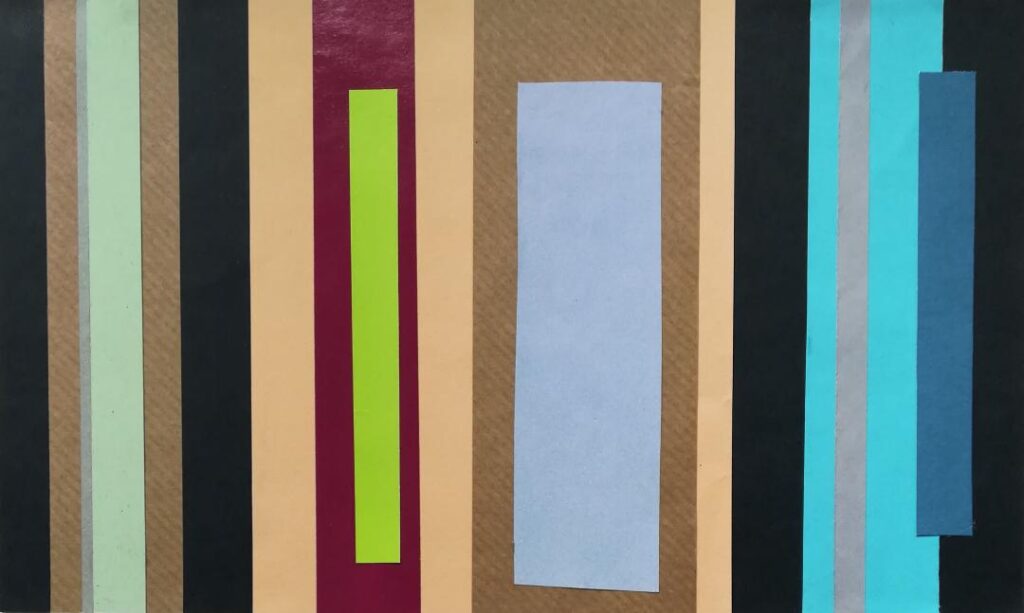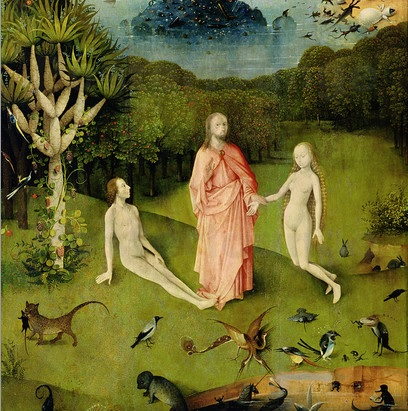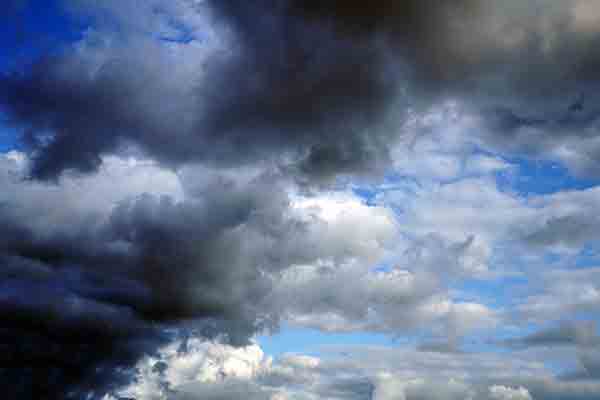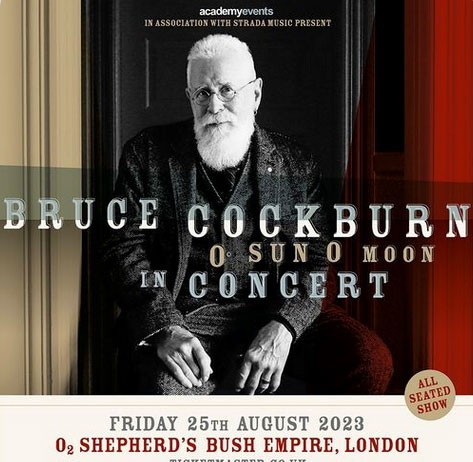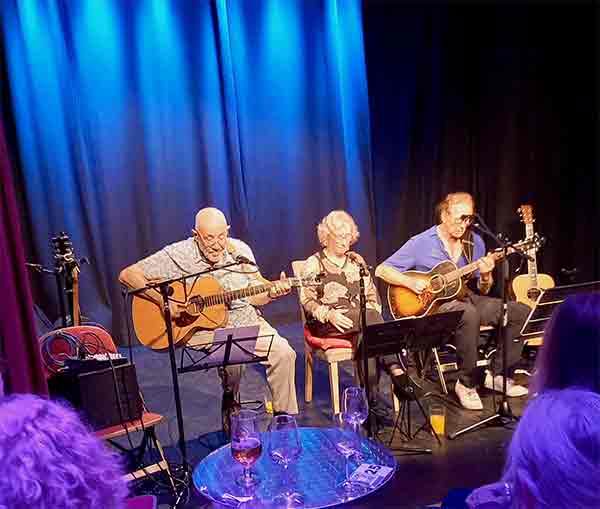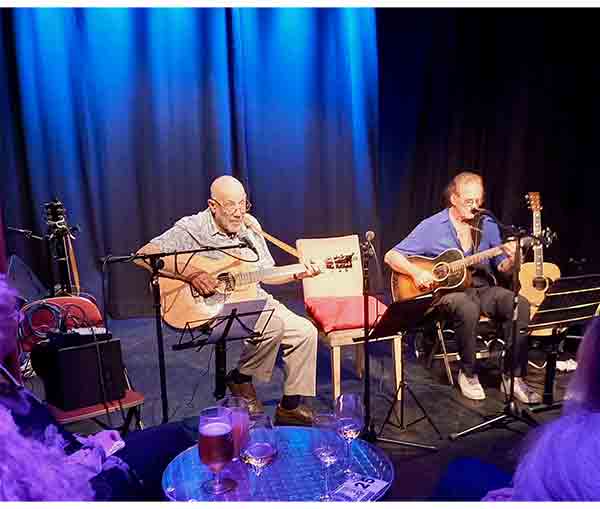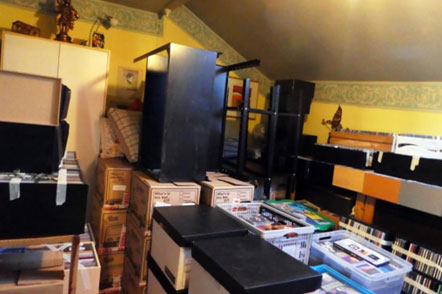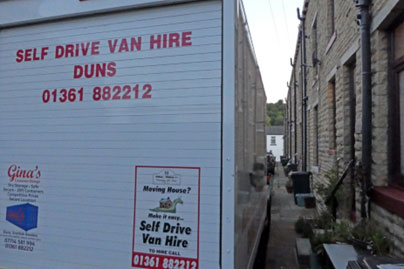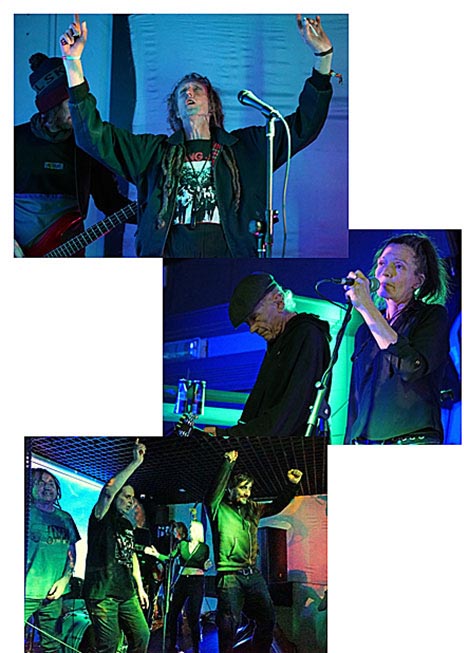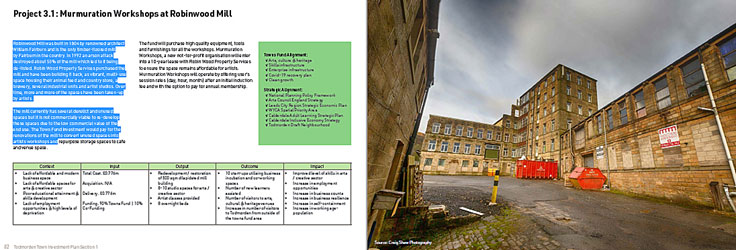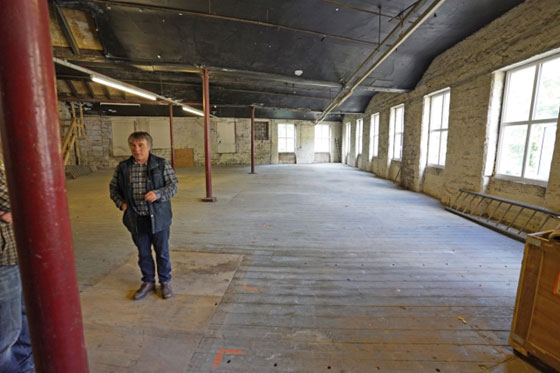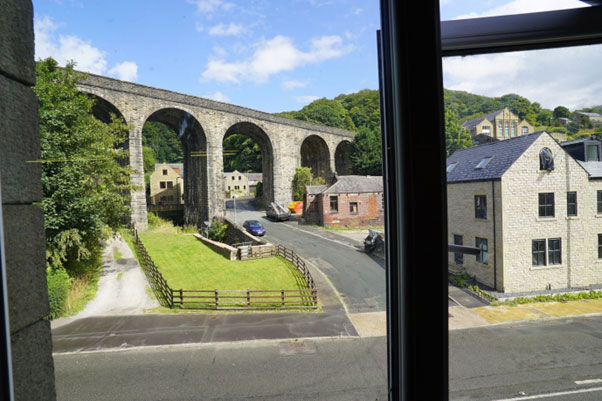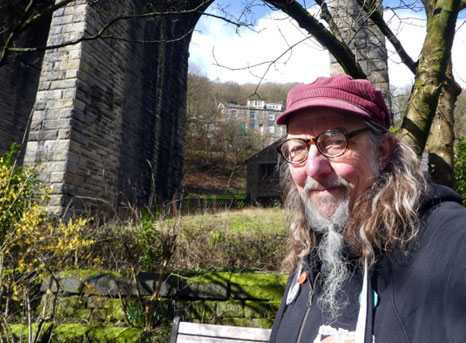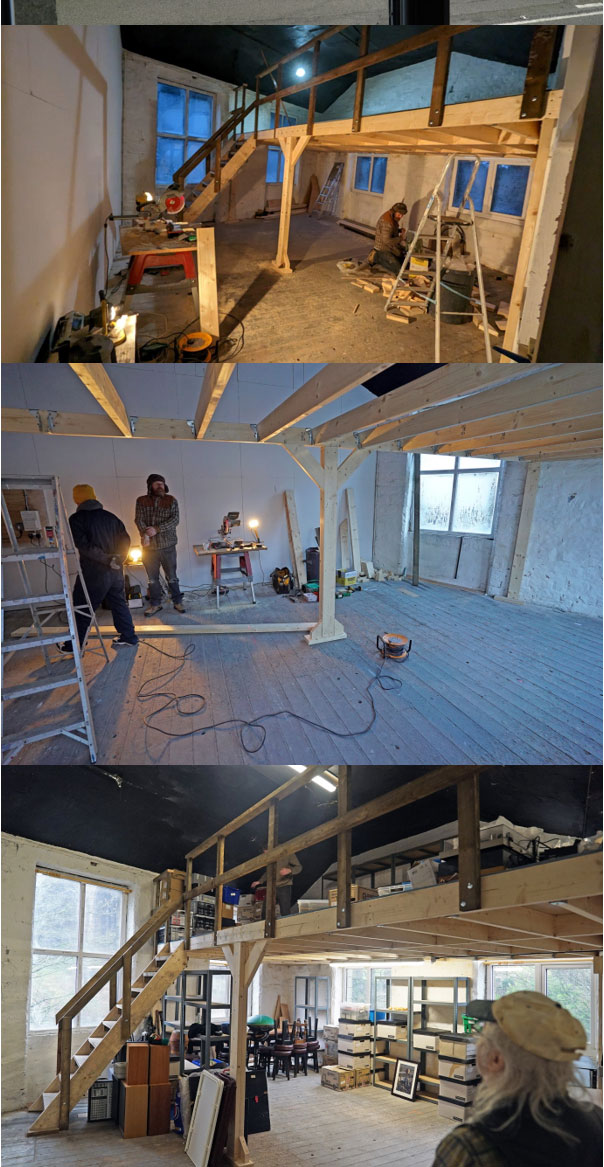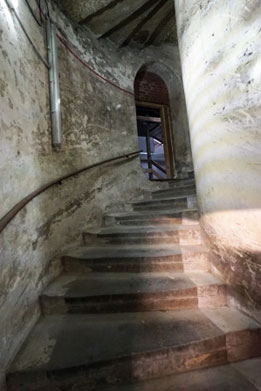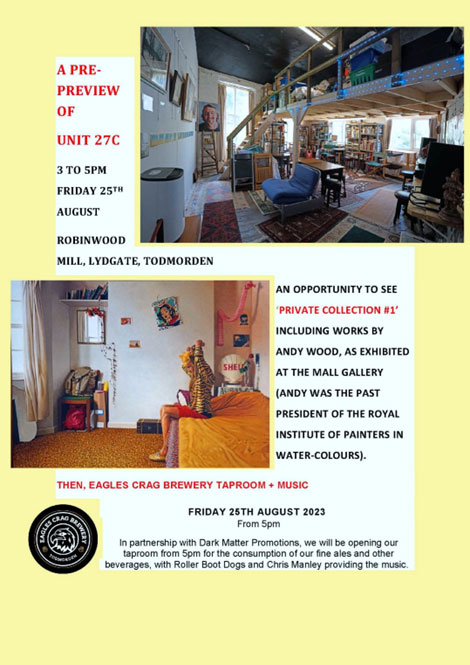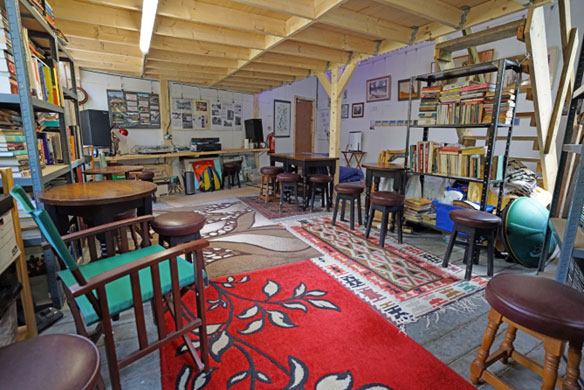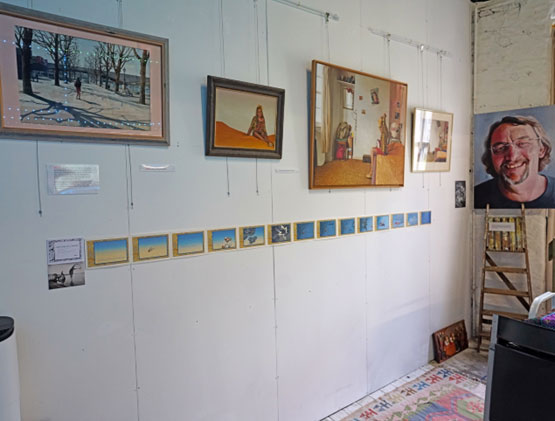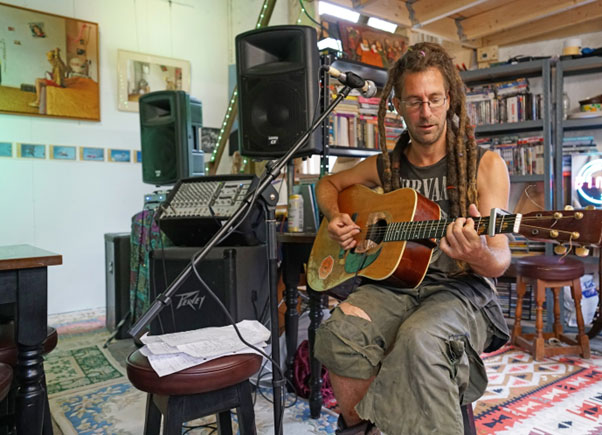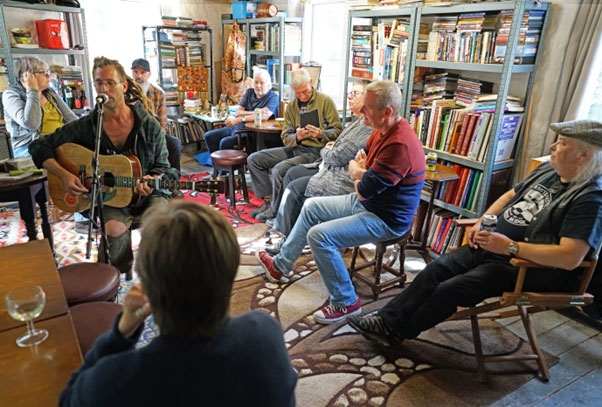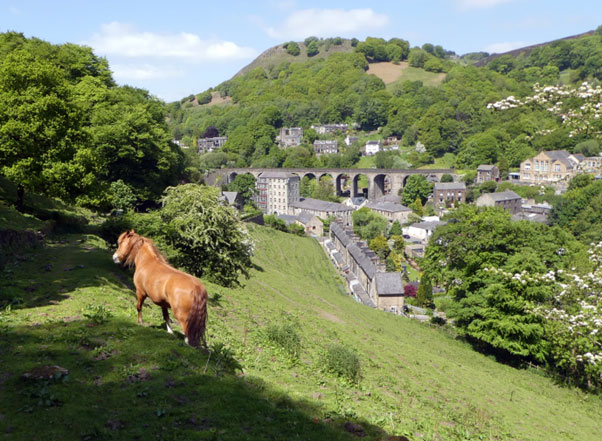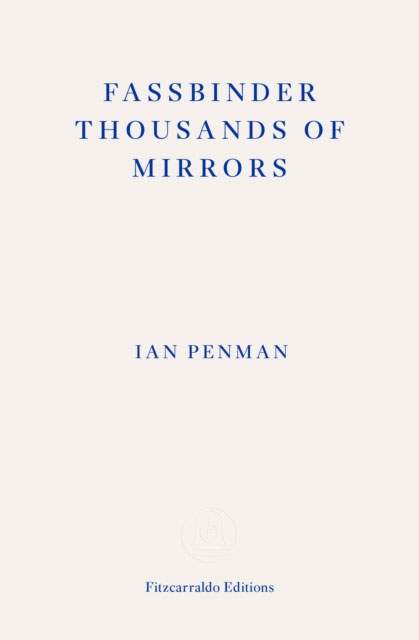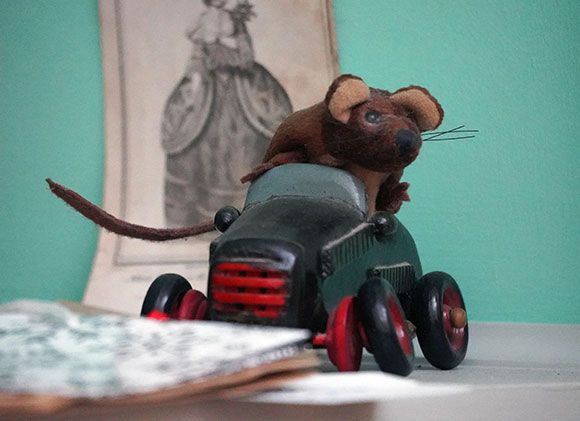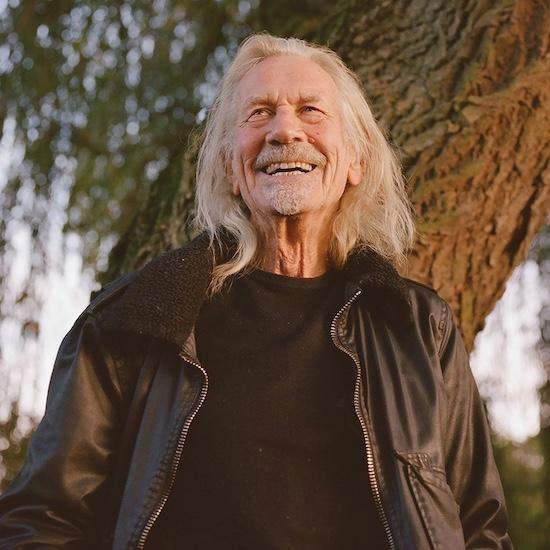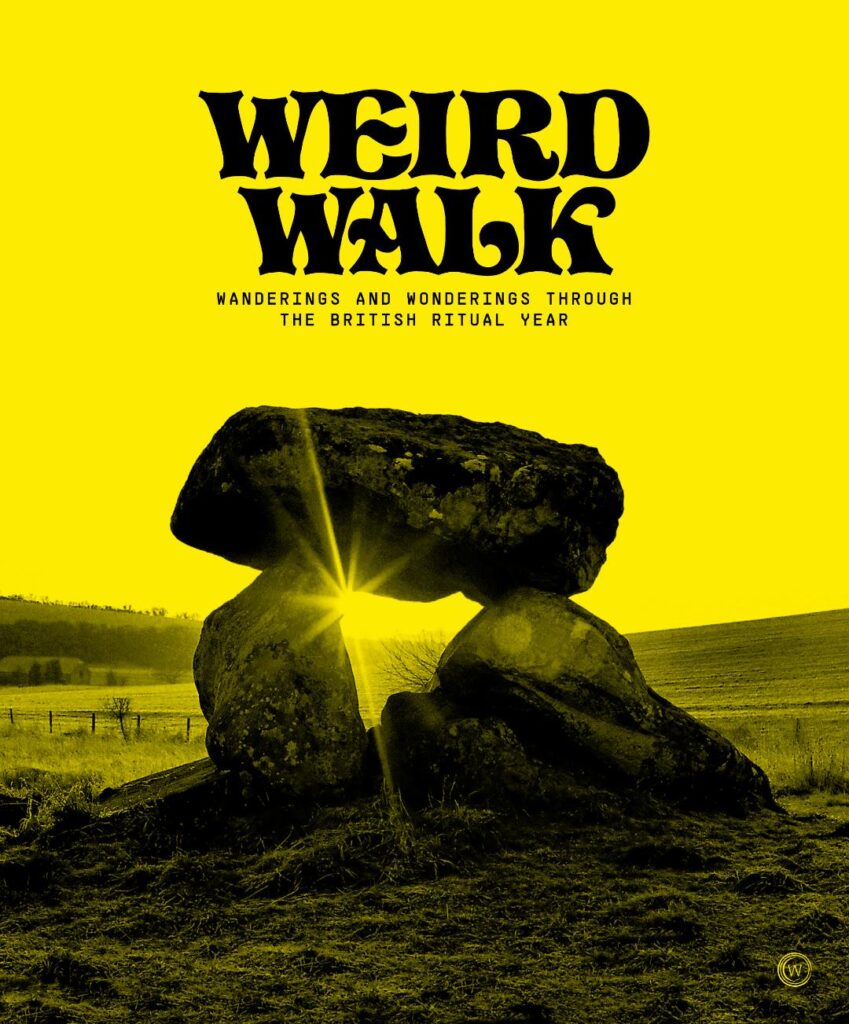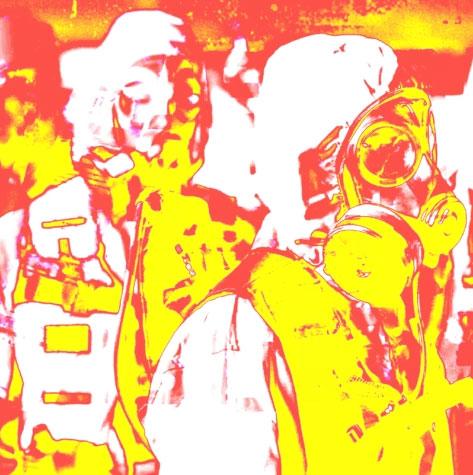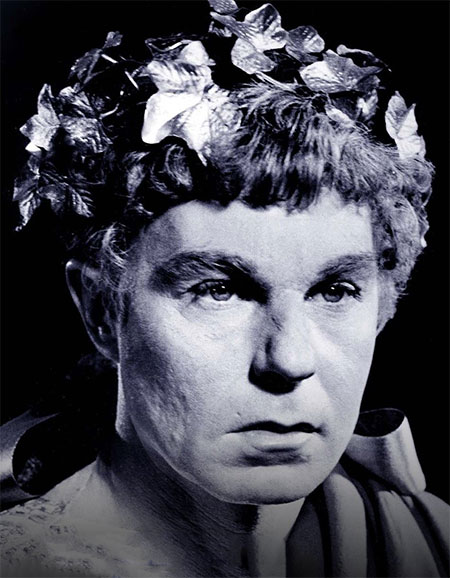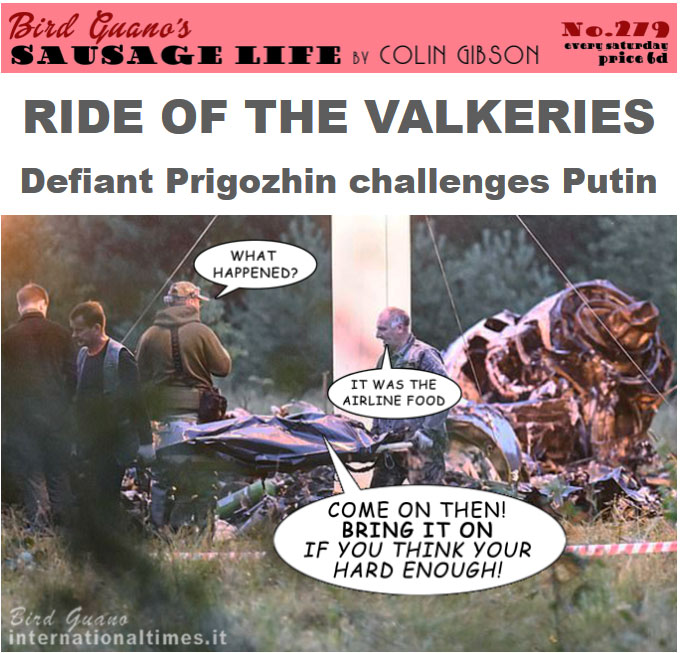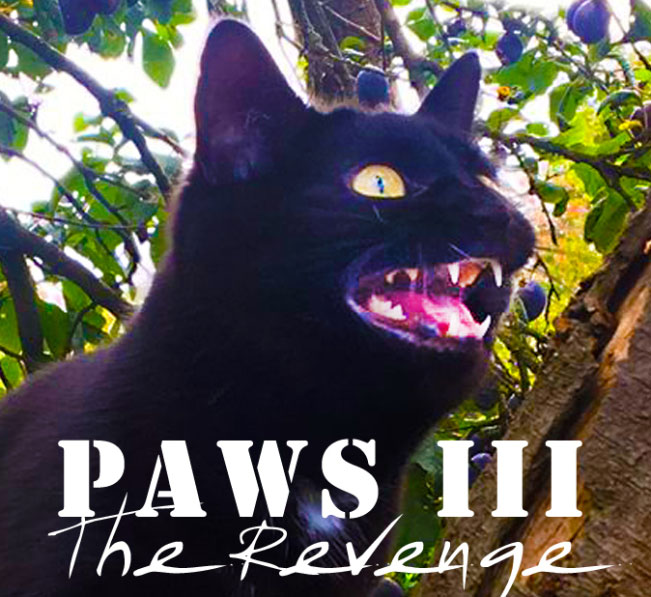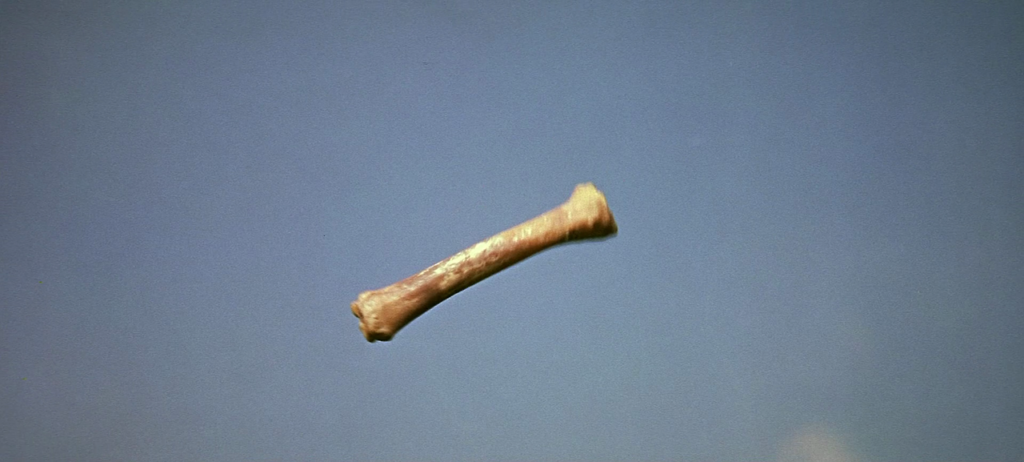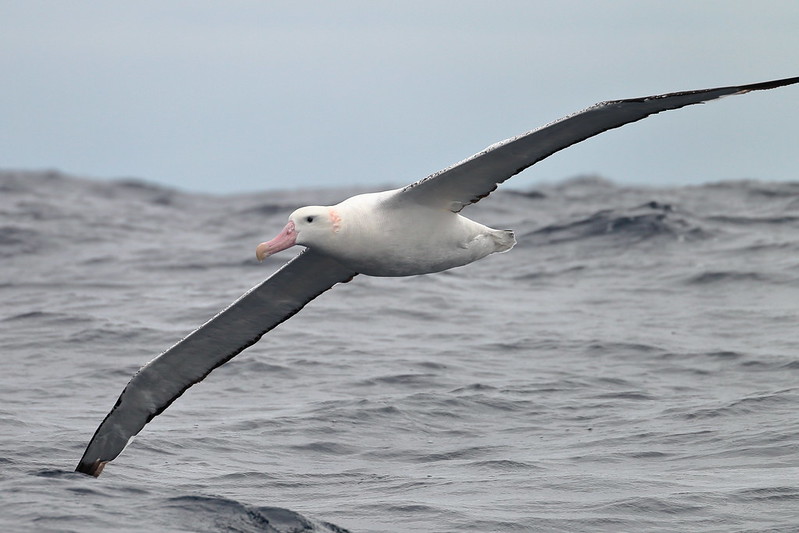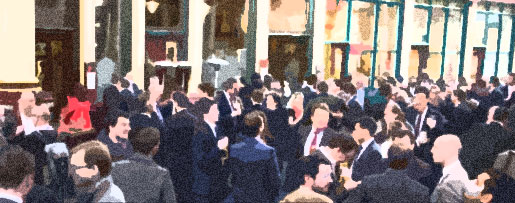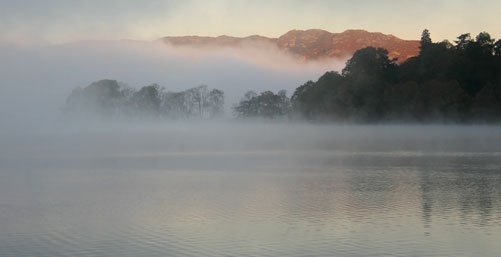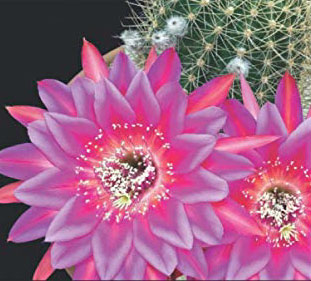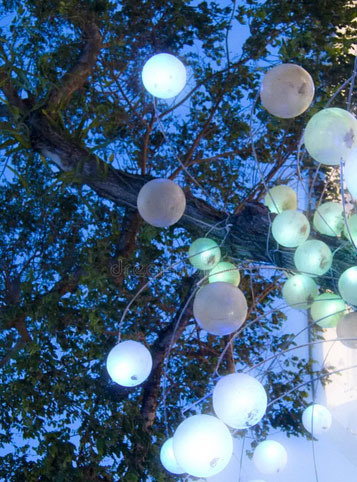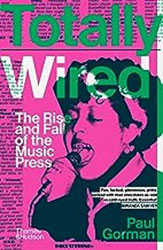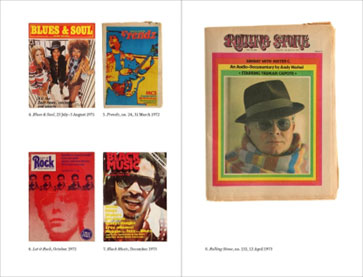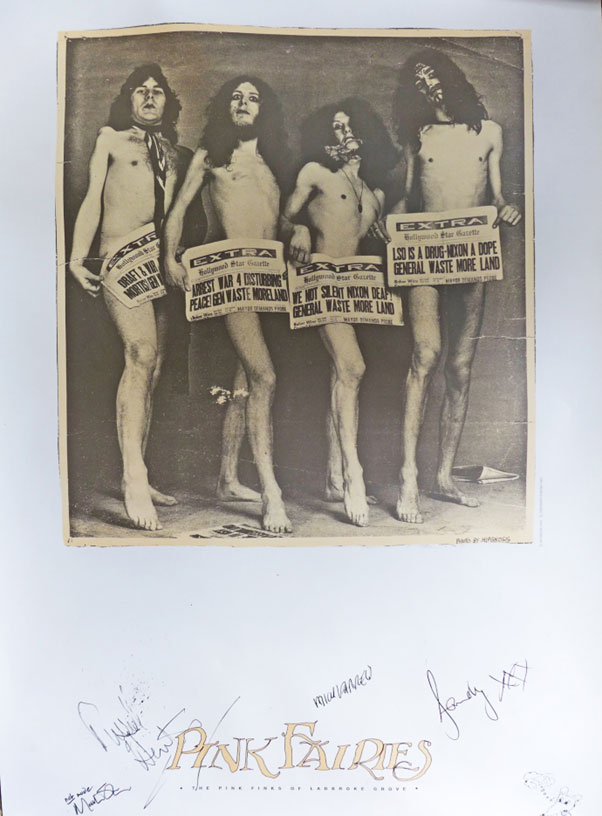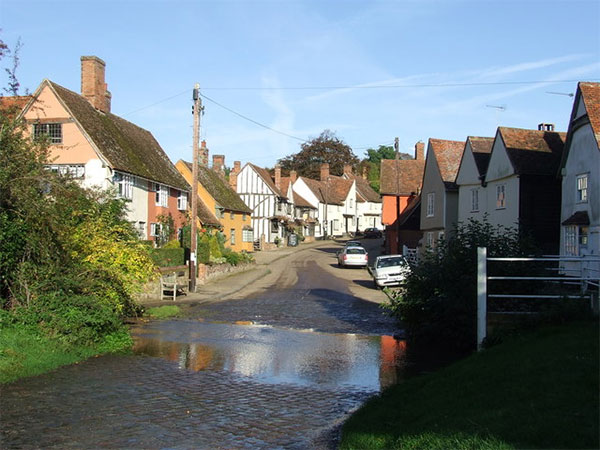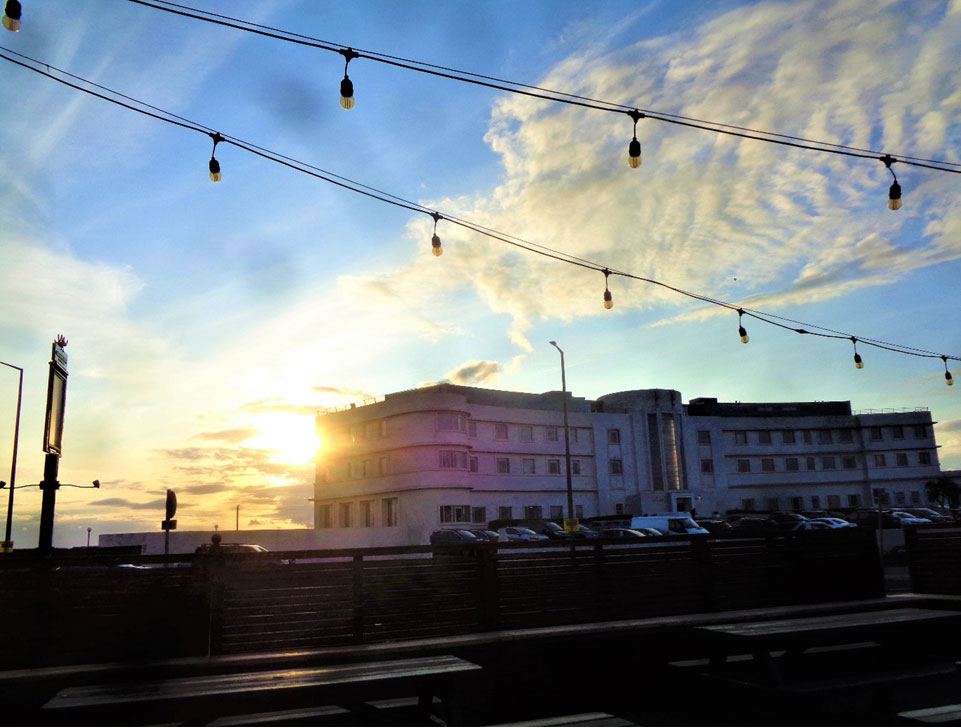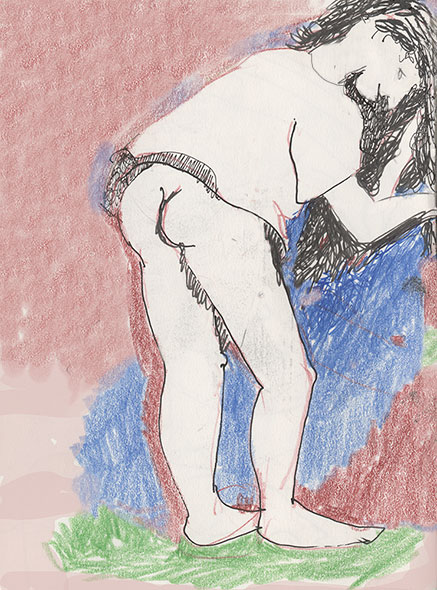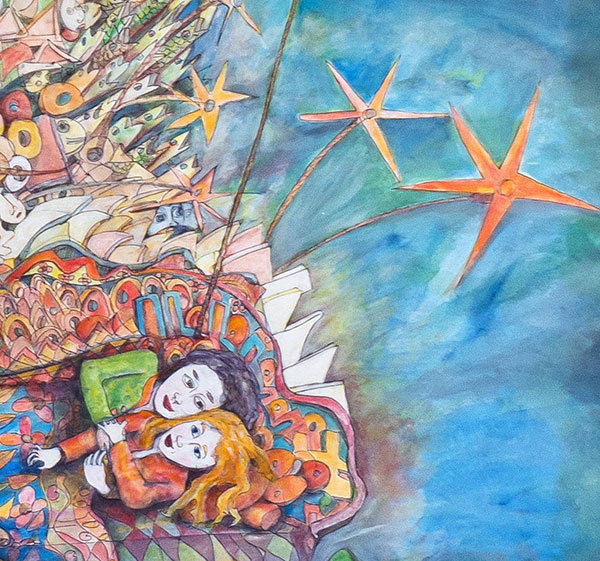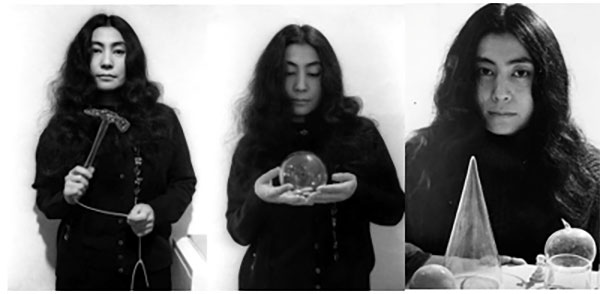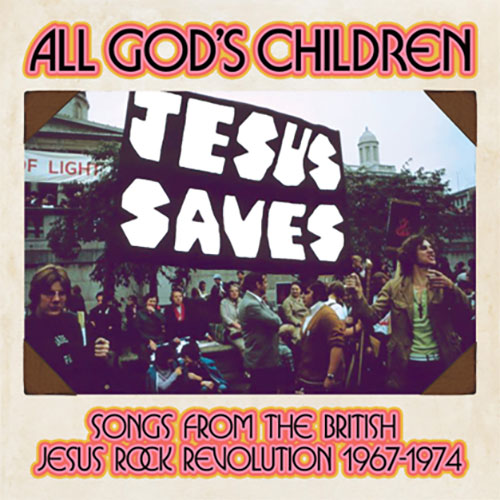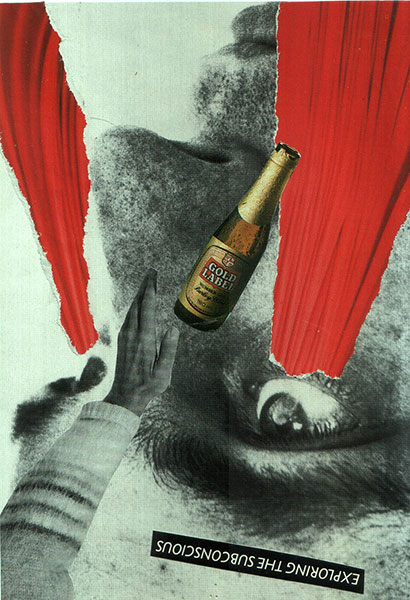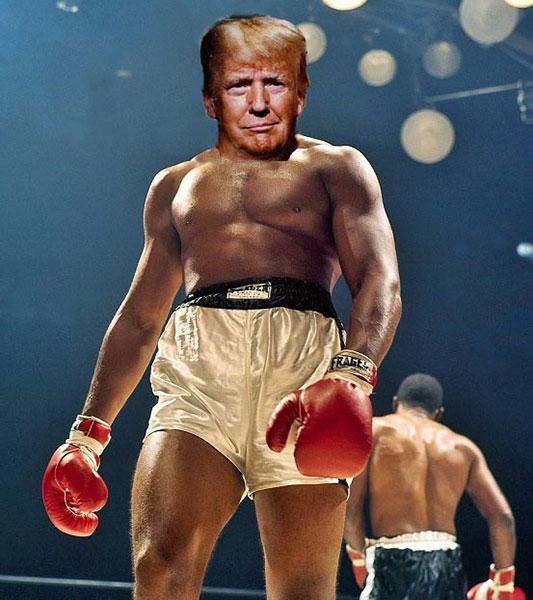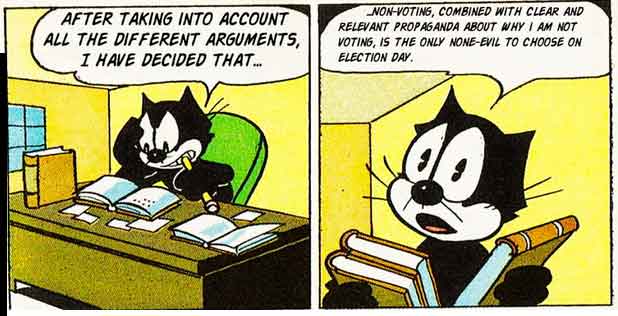
Emma Goldman:
‘participation in elections means the transfer of one’s will and decisions to another, which is contrary to the fundamental principles of anarchism.’
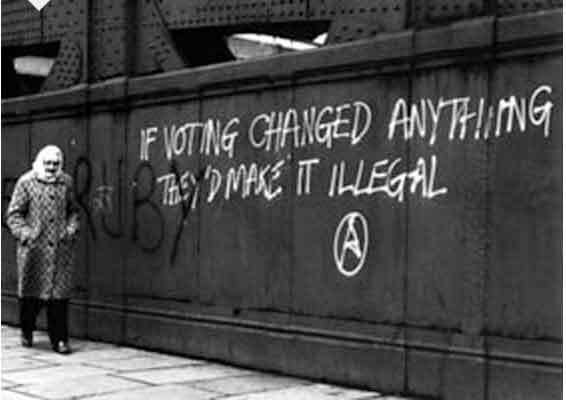
Colin Ward:
…it is the anarchists who, for well over a century, have been the most consistent advocates of conscientiously staying away from the poll. Since anarchism implies an aspiration for a decentralised non-governmental society, it makes no sense from an anarchist point of view to elect representatives to form a central government. If you want no government, what is the point of listening to the promises of a better government? As Thoreau put it: ‘Cast your whole vote, not a strip of paper merely, but your whole influence. A minority is powerless while it conforms to the majority; it is not even a minority then; but it is irresistible when it clogs by its whole weight.’
The various streams of 19th century anarchist thought were united together in their opposition to participation in elections. Most of them shared with the early Marxists the view that the State was simply the executive committee of the ruling classes.
Political democracy, they declared, was just a facade concealing the real effective power of the owners of capital and land. If the workers withdrew their labour power the capitalist class would be impotent and its State would fall to pieces. For the anarcho-syndicalists, every industrial dispute was to be fought through to the bitter end with no compromise. The culminating general strike would make the ruling class powerless and the people would take over through their own forms of industrial organisation, providing goods and services. under workers’ control. Parliamentary elections were not merely irrelevant, they were a ruling-class conspiracy to divert workers’ attention from the real struggle.
Anarchist-communists of the school of Kropotkin linked industrial autonomy and local autonomy. The means of sustenance and livelihood would be in the hands of the local commune on the principle ‘to each according to his needs, from each according to his ability’. This conception of the way society should organise itself through federations of autonomous self-organising groups drew upon innumerable antecedents older than the nation state: the medieval city with its guilds and confraternities, the Russian mir and artel, the American town meeting of the 18th century. It exemplifies Kropotkin ‘s concept of mutual aid as the mainspring of human society, and like Swiss federalism it implies no parish pump isolation. From the anarchist., communist standpoint, general elections to a central parliament are a form of social suicide since they imply the surrender of local autonomy and local revenue- gathering to central government which throughout history has shown itself to be the destroyer, not the upholder, of communal decision-making.
Finally, there is individualist anarchism. proclaiming that it is absurd for individual people to surrender their right to run their own lives to an outside body. Objectors see this as absurd selfishness and maintain that government is necessary to restrain our anti-social natures. Anarchists of all varieties respond with William Morris’s warning that no man is good enough to be another man ‘s master .
Did anarchist abstentionism ever, in the slightest degree, affect the course of events? There was one occasion when it was tested simply because it was one of the rare times and places when anarchism really influenced a mass movement. And the irony was that the effectiveness of abstentionism was demonstrated only when it was abandoned.
In Spain, in the 1930s, there were two huge trade union federations. On one side was the socialist UGT and on the other the syndicalist CNT, strongly influenced by the anarchist federation FAI. The membership of both these bodies was vast. (By the time they agreed on joint action each could claim, according to whose estimates you read, between a million and one and a half million members.) After the dictator Primo de Rivera resigned in 1930, his supporter the King abdicated in 1931, but the new socialist-republican government continued the repression of the revolutionary left. In the elections of 1933 the CNT used the slogan Frente a las urnas, la revolucion social (the alternative to the polling booth is the social revolution). The triumph of the right was attributed to the mass abstention of the workers, and the usual sporadic confrontations followed.
Then came another chance to vote in the February elections of 1936. Very quietly, the CNT leadership tacitly abandoned the position it had held since 1911, that elections were a fraud and that “workers and peasants should seize the factories and the land to produce for all. They and their members voted for the Popular Front (a kind of joint Alliance and Labour tactical voting). Our most revered chronicler of the events of 1936, Gerald Brenan in his Spanish Labyrinth, explained that the electoral victory of the Popular Front ‘can to a great extent be put down to the anarchist vote’. And certainly a deal behind the scenes ensured that many thousands of political prisoners would be released. Brenan says that ‘in many places the prisons had already been opened without the local authorities daring to oppose it’.
But the triumph of electoral common sense over the convictions of a lifetime had many consequences in Spain that no one had anticipated. The Spanish workers were ready to take on the political right, but the politicians of the left were not. The army was poised to seize power, but the government was not willing to resist. In his book Lessons of the Spanish Revolution, Vernon Richards raised a forbidden question: did the CNT leadership take into account that by ensuring the electoral victory of the left it was also ensuring that the generals of the right would stage a military putsch which the respectable left politicians would not restrain? ‘On the other hand a victory of the right, which was almost certain if the CNT abstained, would mean the end of the military conspiracy and the corning to power of a reactionary but ineffectual government which, like its predecessors, would hold out for not more than a year or two. There is no real evidence to show that there was any significant development of a fascist movement in Spain along the lines of the regimes in Italy and Germany.’
In fact, Spain had three different Popular Front governments on 18 and 19 July 1936, each of which was anxious to cave in to the insurgent generals. It was only the popular rising ( on traditional anarchist lines) and the seizure by workers and peasants, not just of arms and military installations, but of land, factories and railways, that ensured that there was any resistance at all to the generals. These are ordinary facts, totally contrary to what Orwell used to call the News Chronicle / New Statesman version of what happened in Spain. The Spanish revolution of 1936 was forced upon the working class by the election of the Popular Front and its capitulation to the insurgent generals. It was subsequently eliminated in the name of national unity in combating the right, which by then had won international backing. Having participated in the elections the next step was participation in government by the CNT/FAI leadership. This led to the permanent destruction of their own movement and the suppression of the popular revolution, and was followed by 40 years of fascist dictatorship.
And all this because of the decision to abandon the tradition of non-voting. If history has any lessons for the conscientious abstentionists it is that every time they get lured out of their self-imposed political isolation into participation in the electoral lottery, they make fools of themselves.
We might object that there is no parallel between Spain in 1936 and Britain in 1987. But isn’t it interesting that the same politics-fixated people who peddle horror tales about the power over government of various non-elected bodies, whether it is the secret services, the military chiefs of staff or the Association of Chief Police Officers urge us to abandon any notion of principles or policies, and vote strategically?
Form an effective Popular Front, they imply, and cast a tactical vote for whoever the market researchers tell us is likeliest to unseat the Conservative candidate. At the same time they revel in the allegations that recent governments have been under suspicion from the State’s own secret services because Harold Wilson was thought to be a Moscow agent, and that the service chiefs were planning a takeover of power should anyone to the left of Wilson take office.
Seasoned non-voters take a different and longer-term view of history. They know that the similarities between the present government and both its predecessors and successors far outweigh the differences. They realise the truth of Kropotkin’s observation, 75 years ago, that ‘The state organisation, having been the force to which the minorities resorted for establishing and organising their power over the masses, cannot be the force which will serve to destroy these privileges.’ In urging the need for more popular, more decentralised, forms of social administration, he stressed that we will be compelled to find new forms of self-organisation for the social functions that the state fulfills through the bureaucracy, and that ‘as long as this is not done, nothing will be done.’
The non-voters will watch cynically as the politicians’ lies and promises mount and the government good-news machine rolls into action, quietly repeating the anarchist slogan : ‘If voting changed anything they’d make it illegal.’
Source: Thepolarblast.wordpress.com

